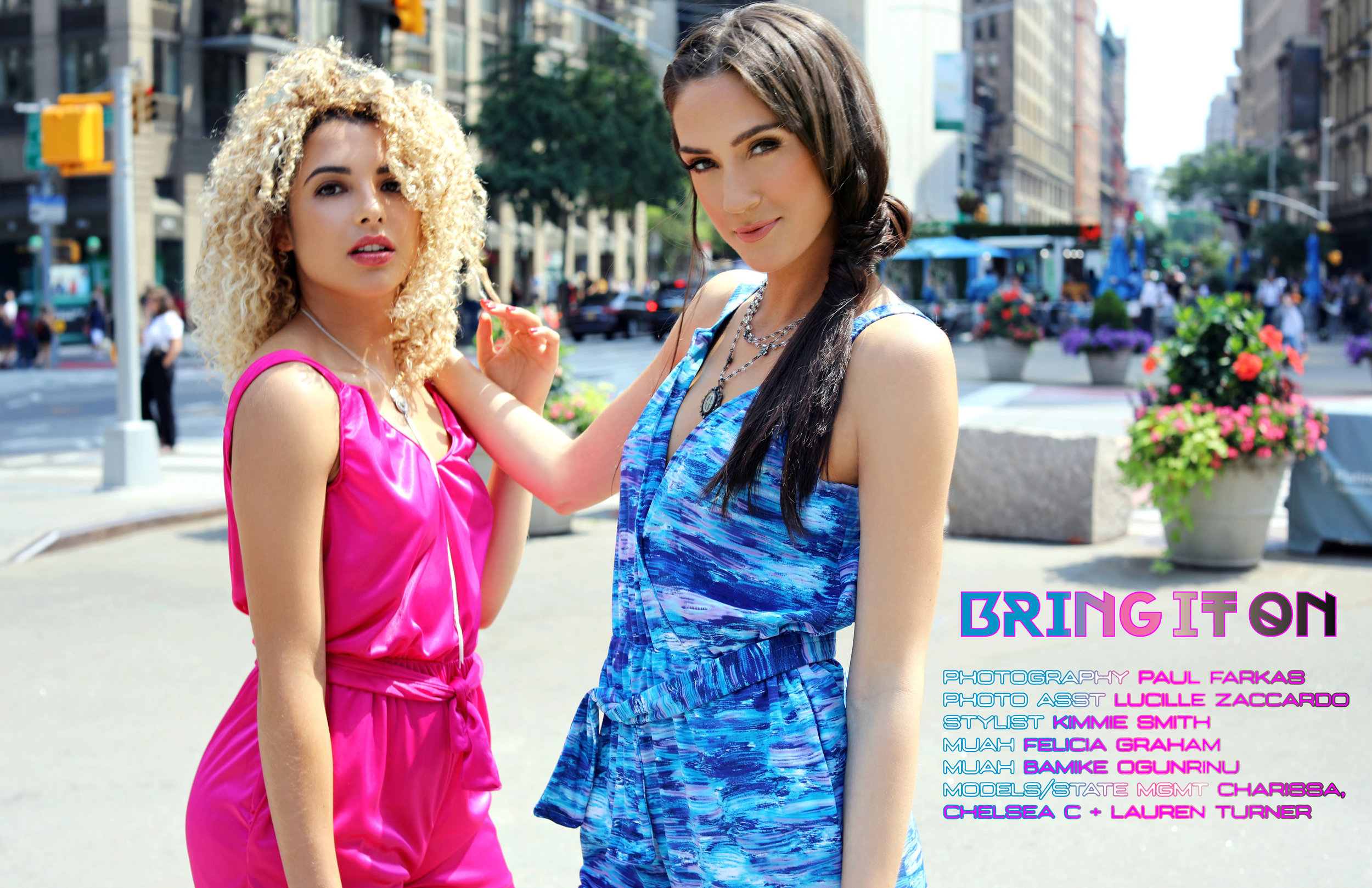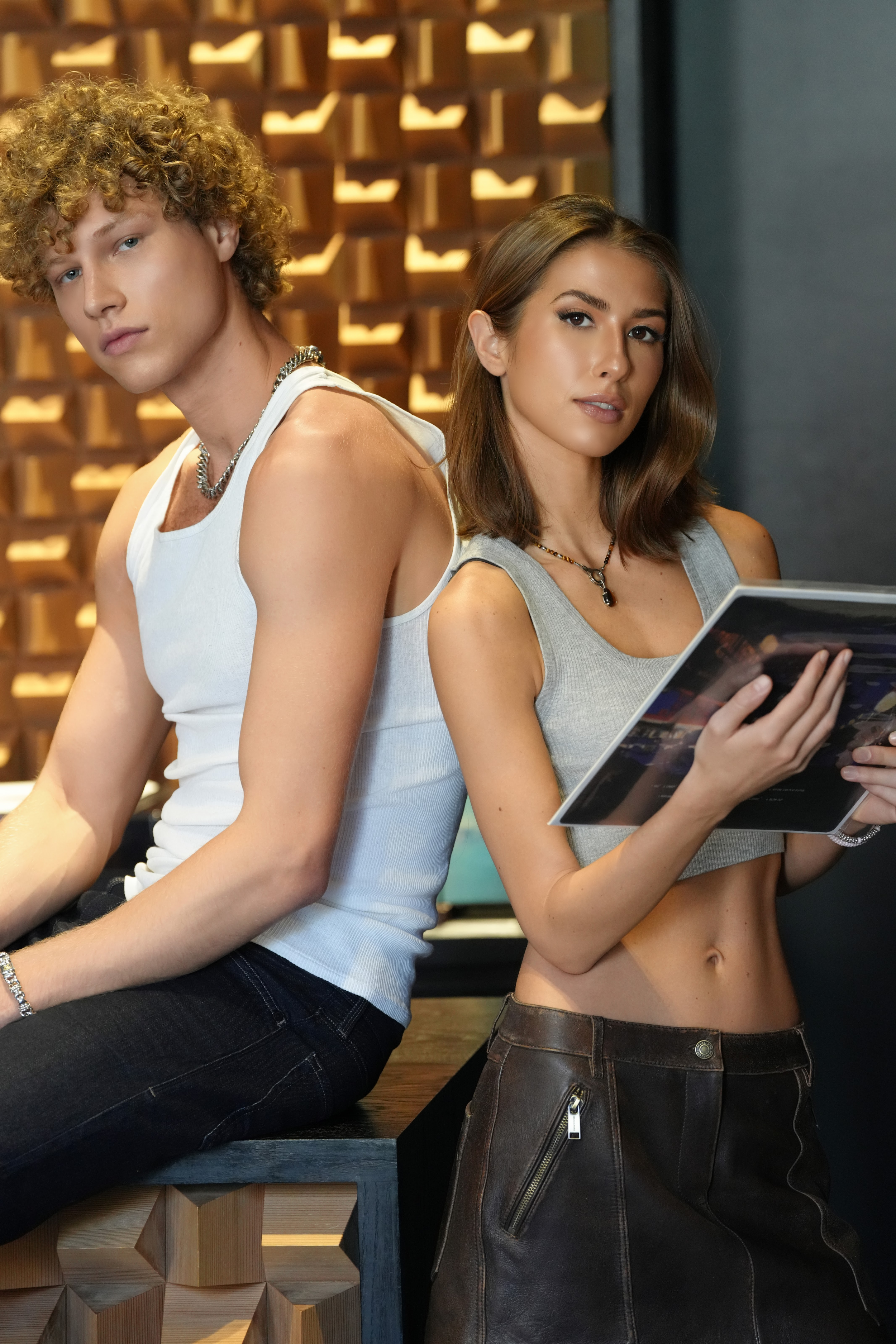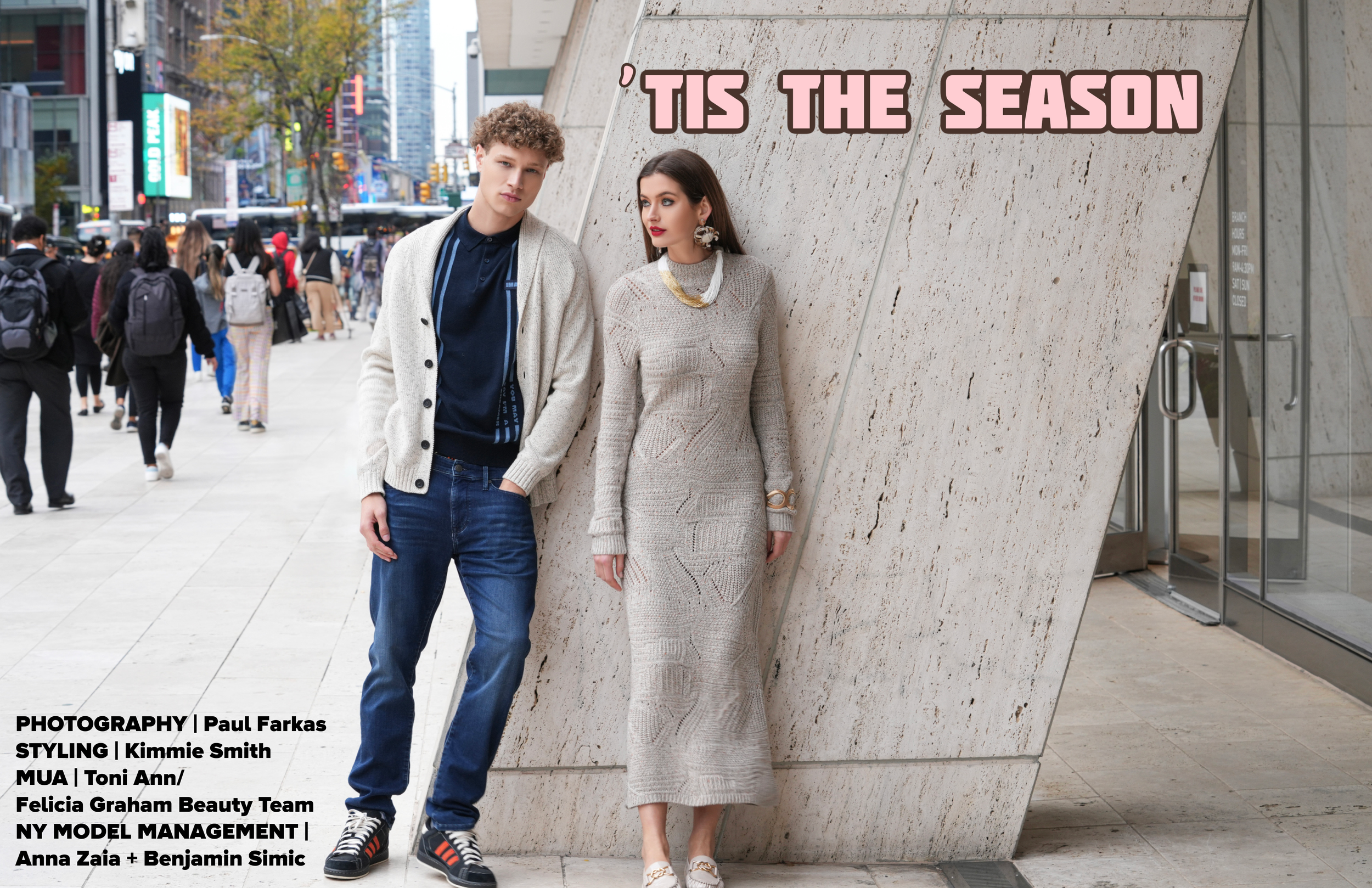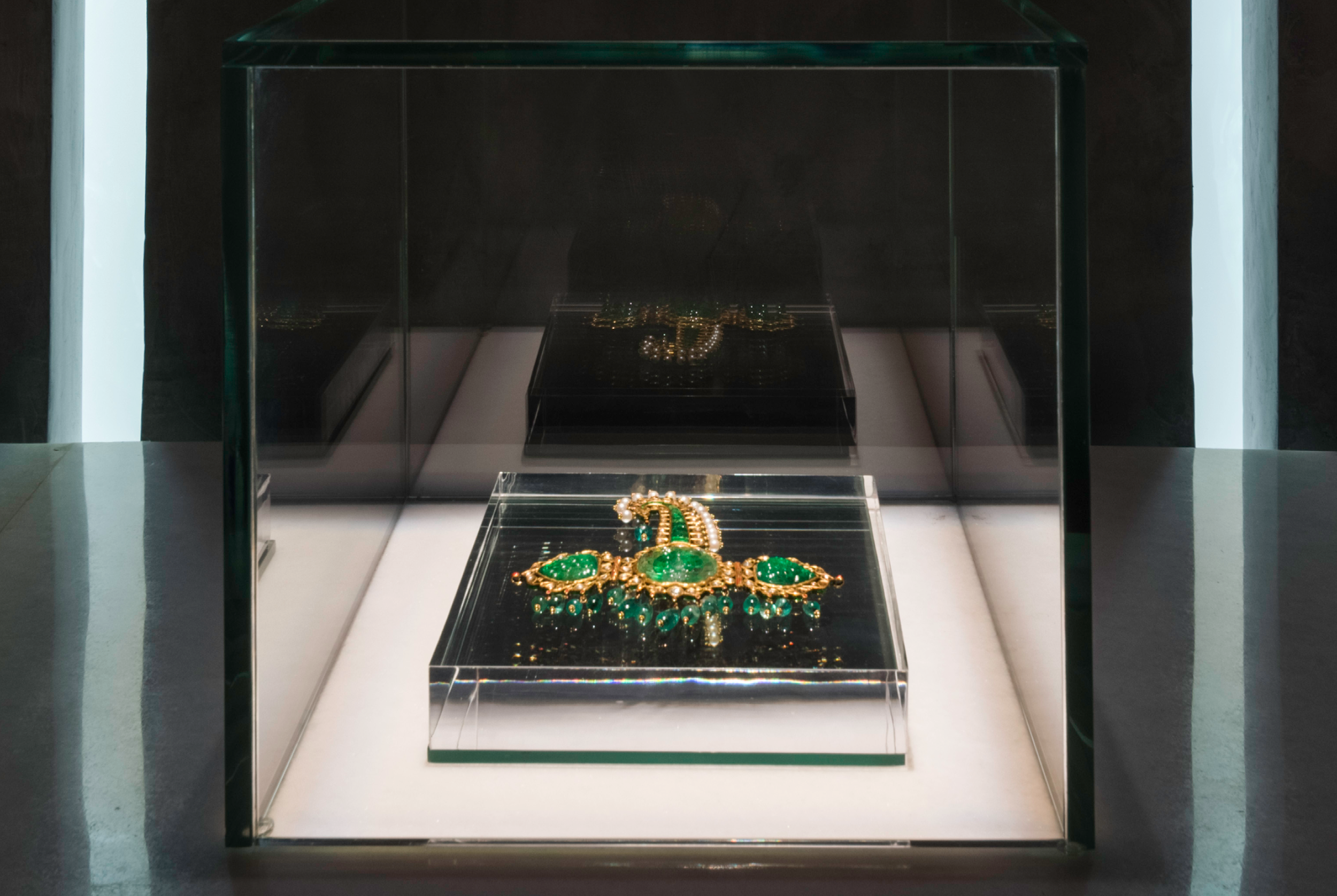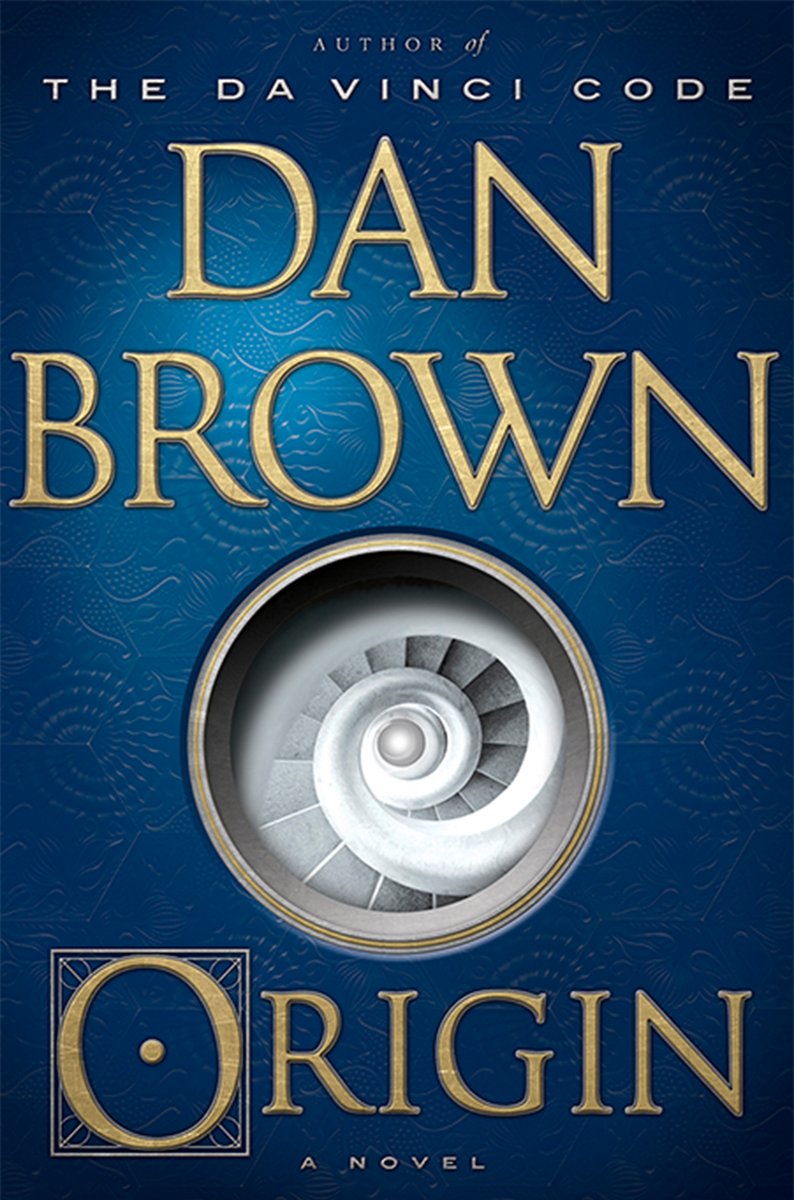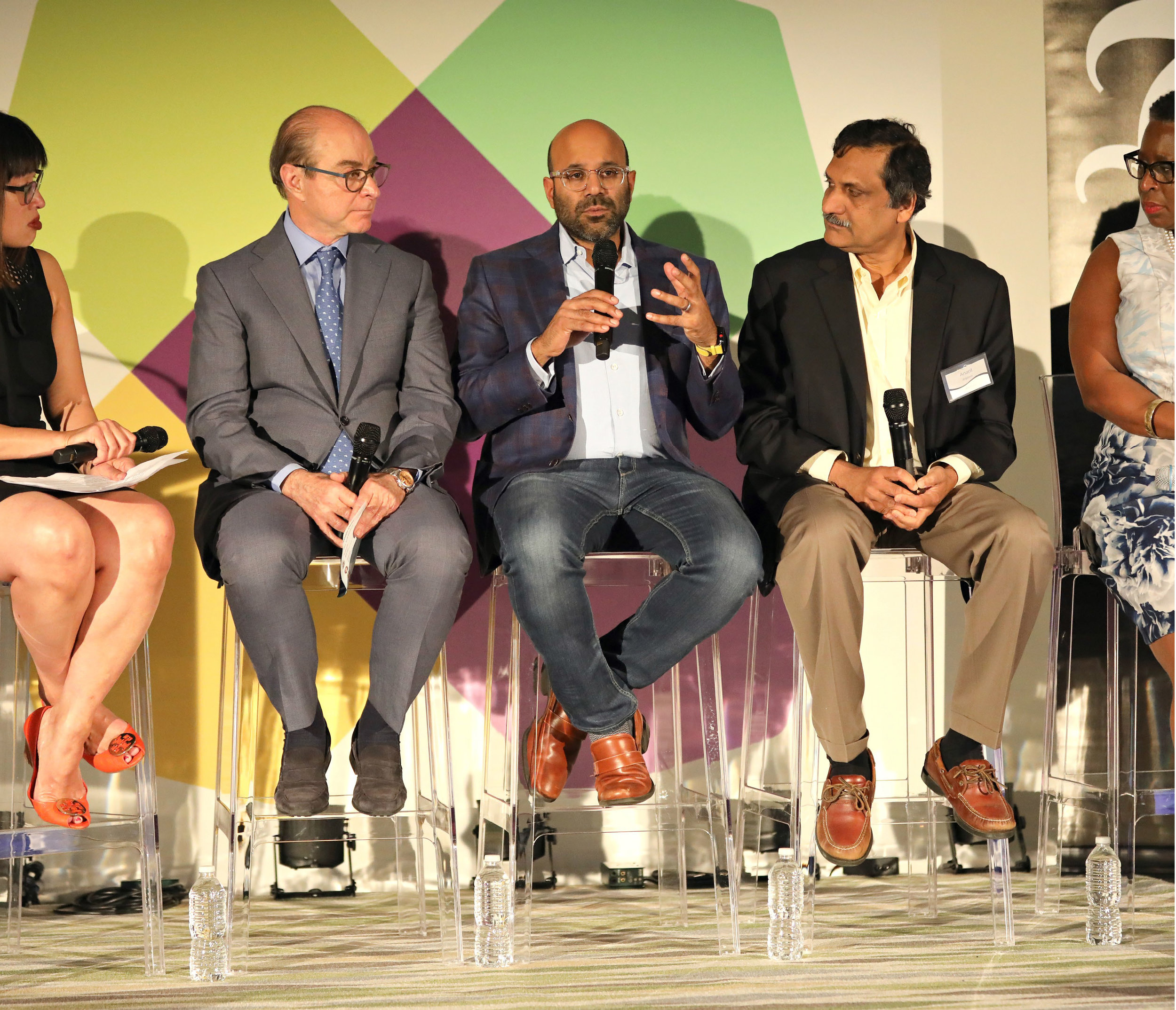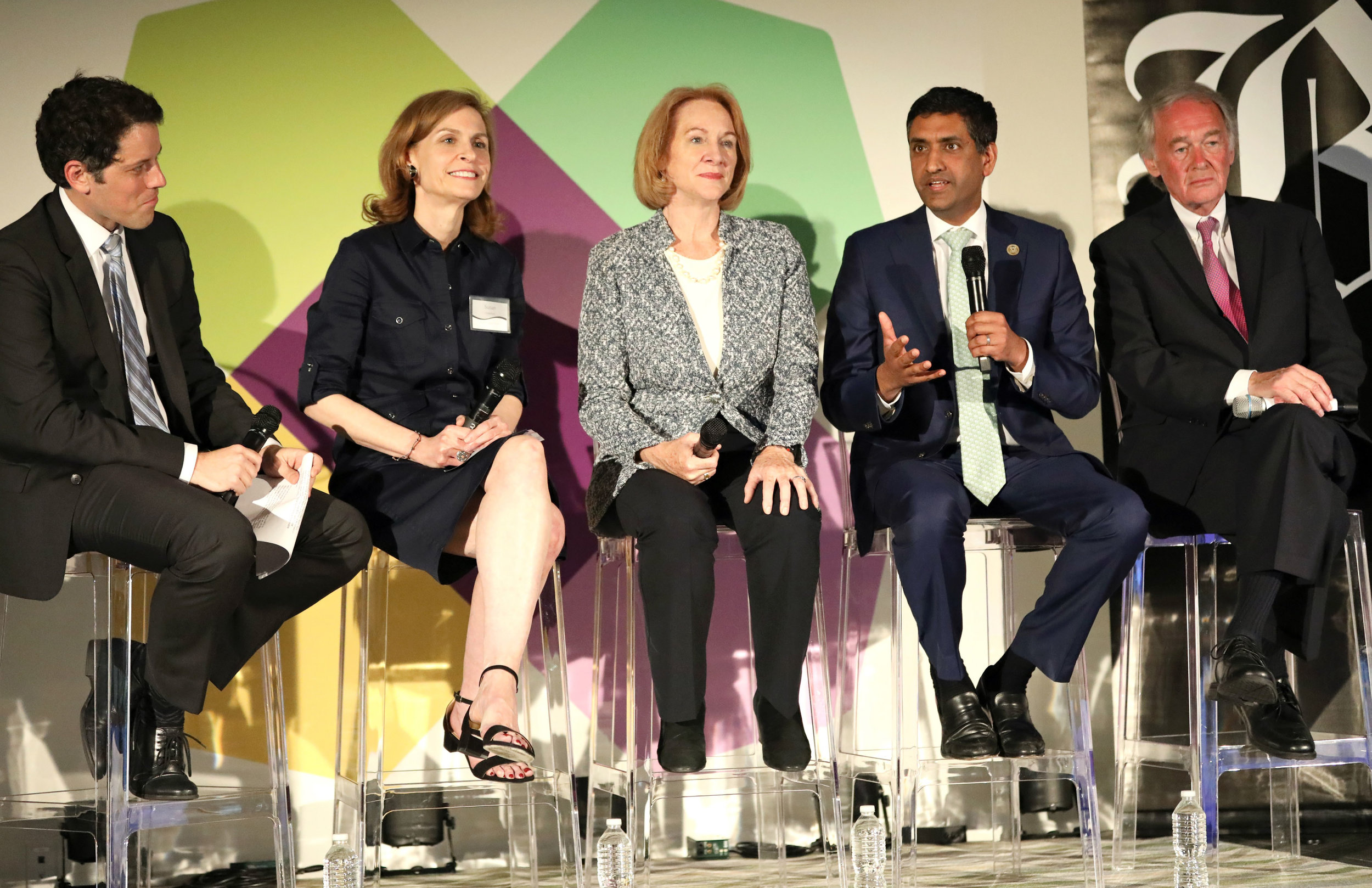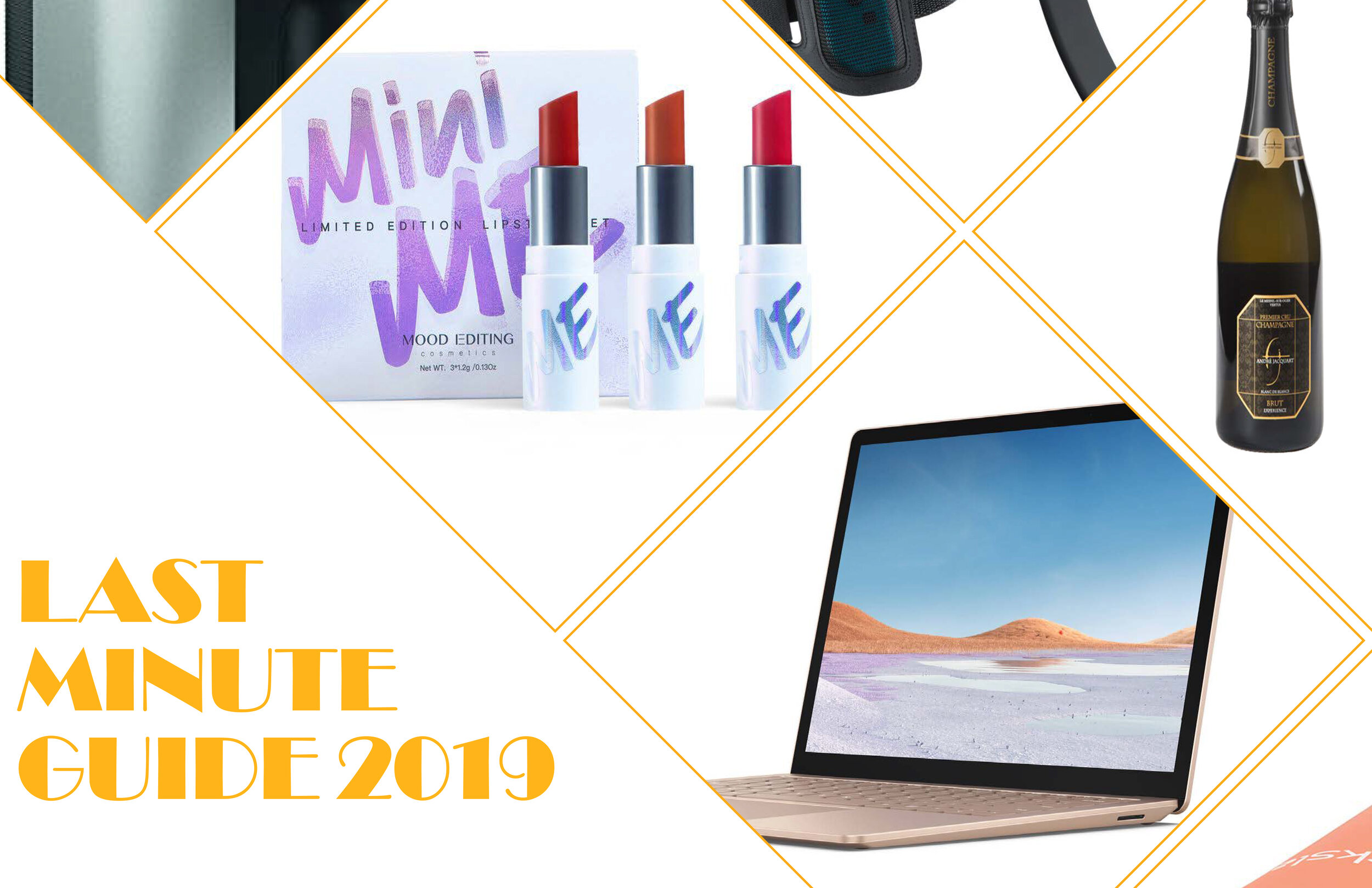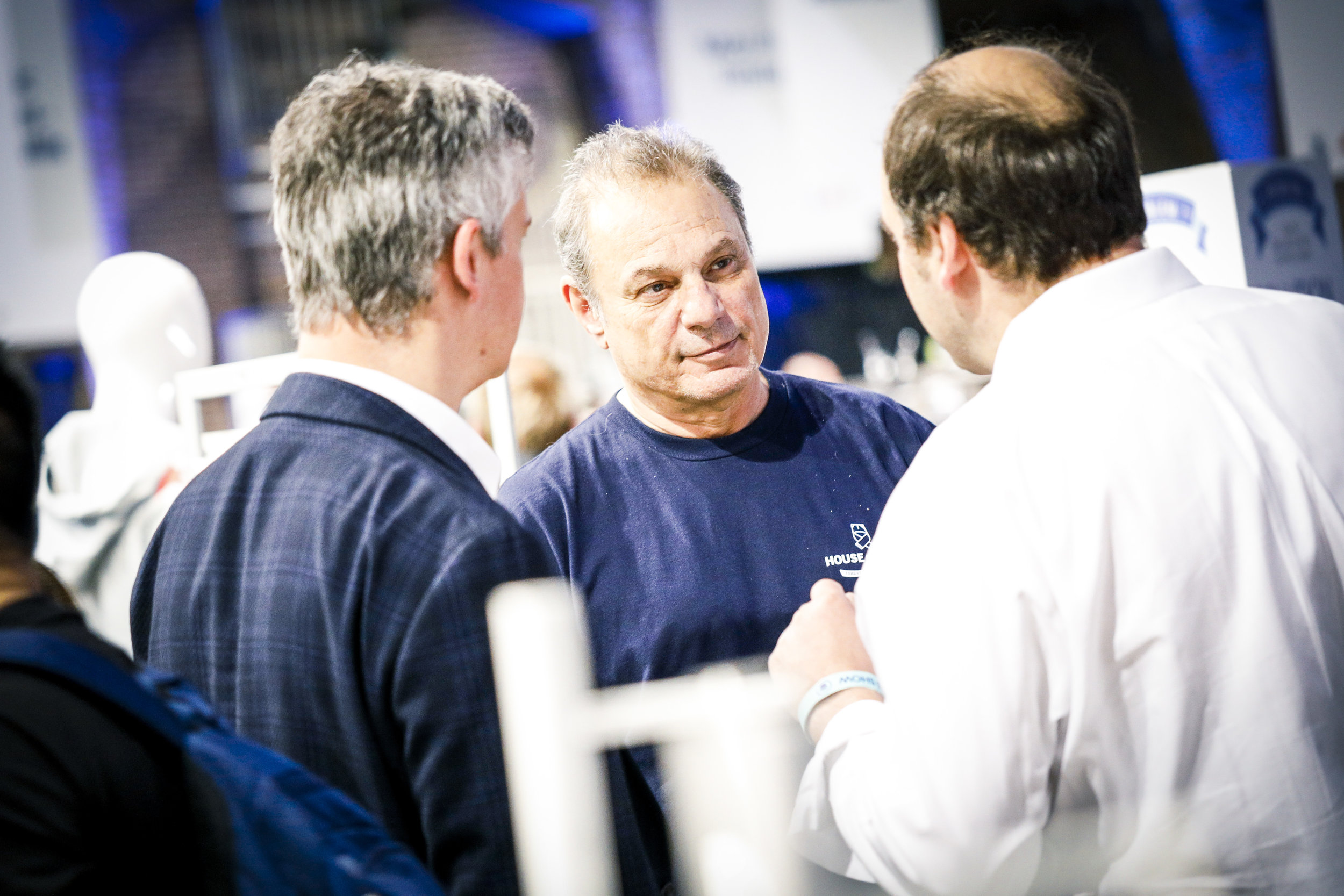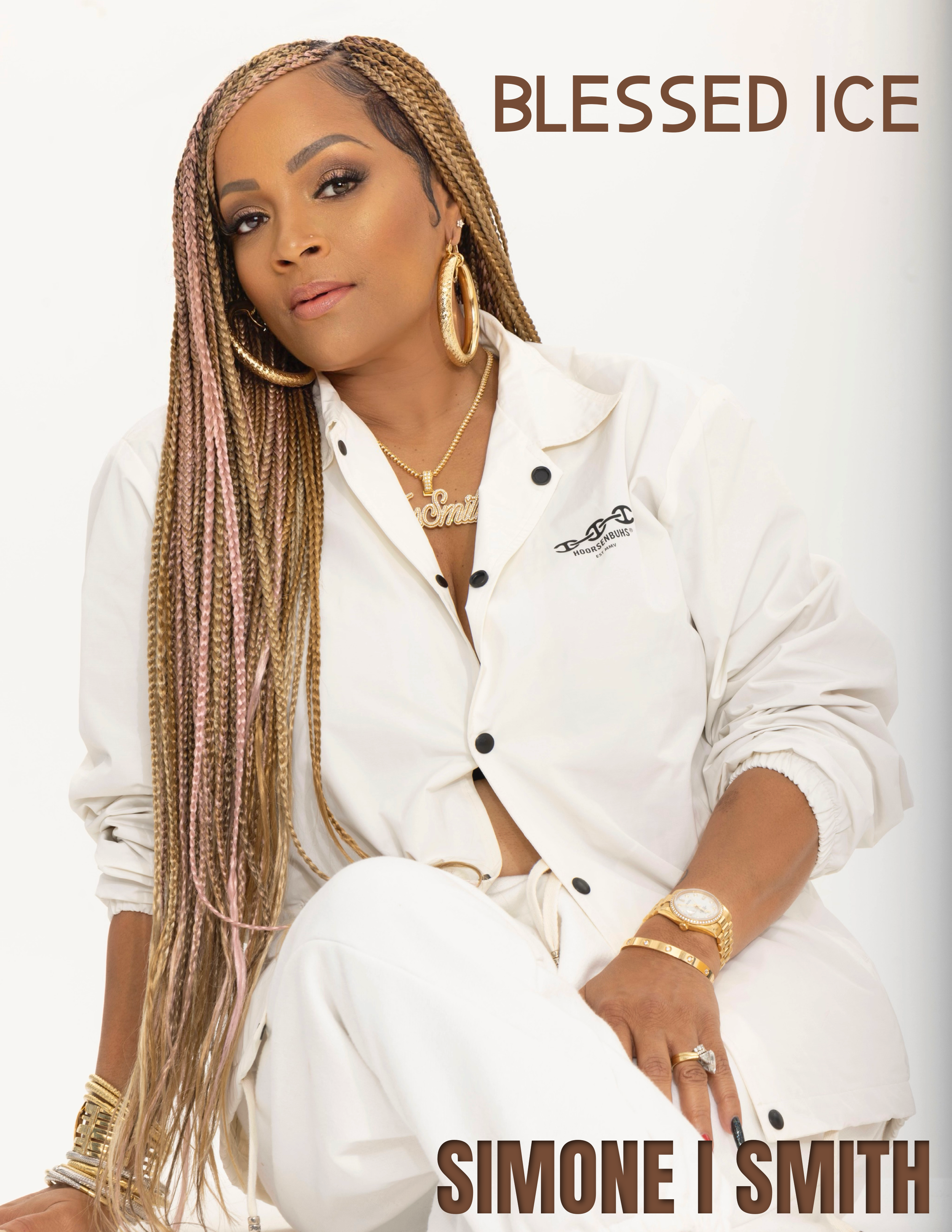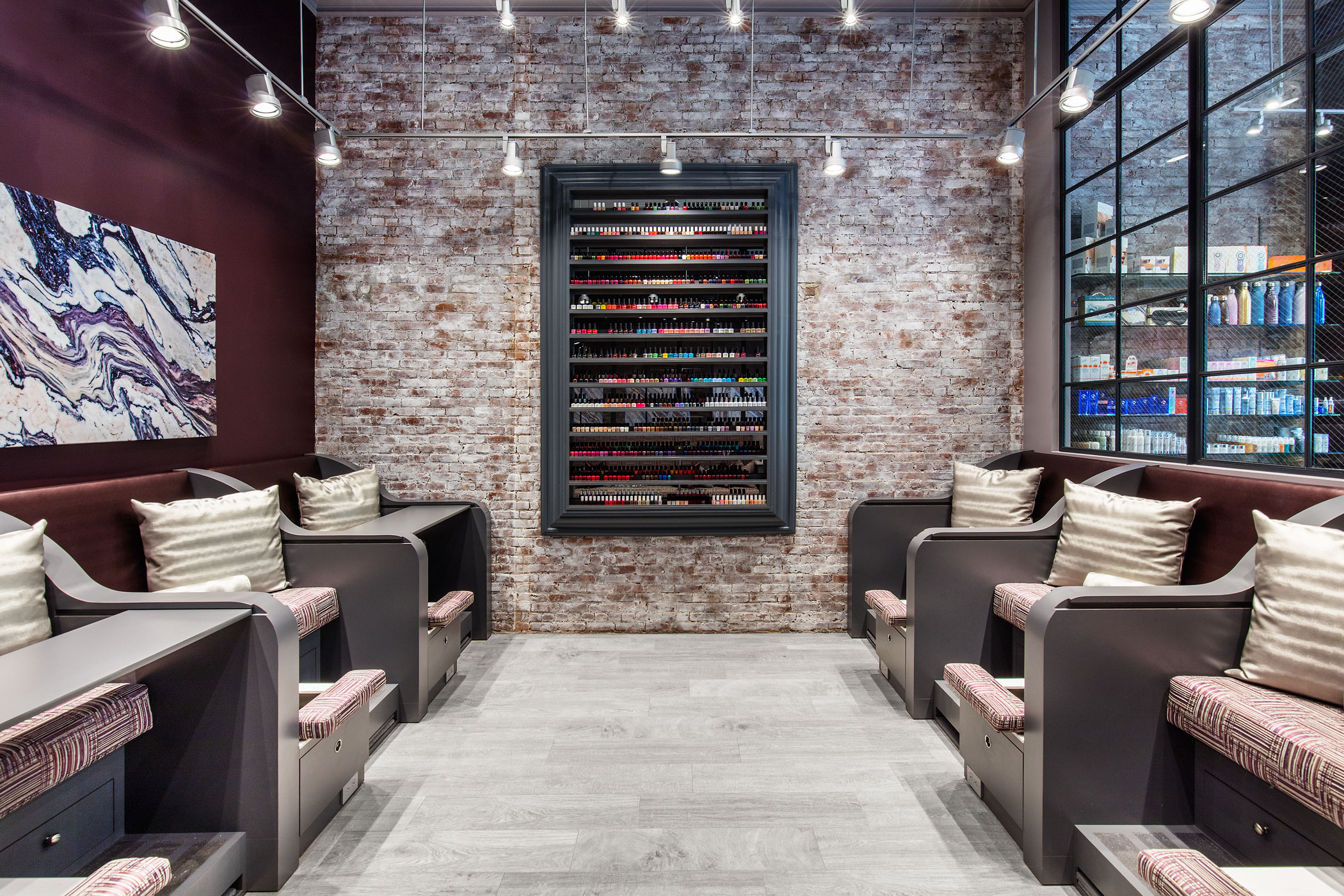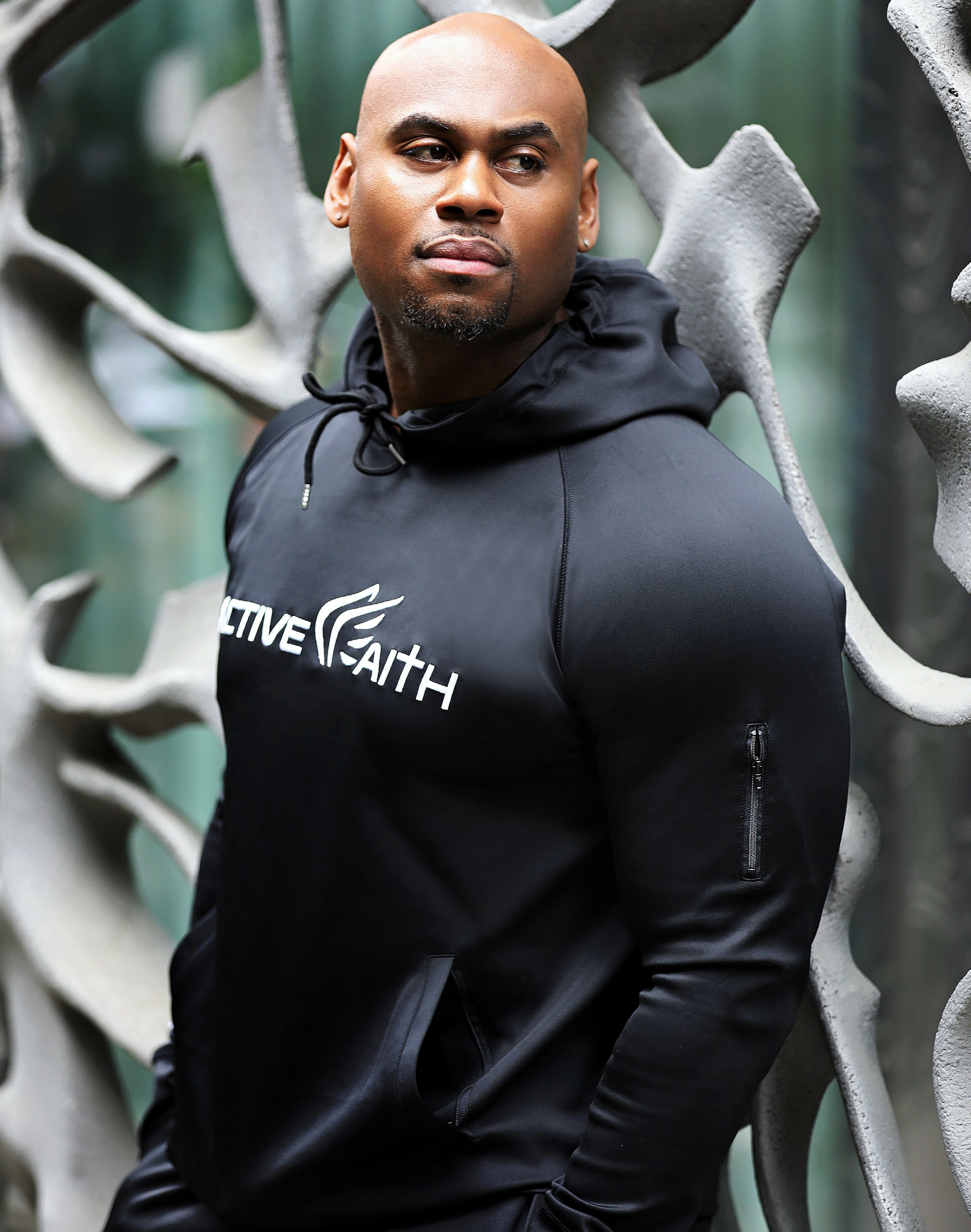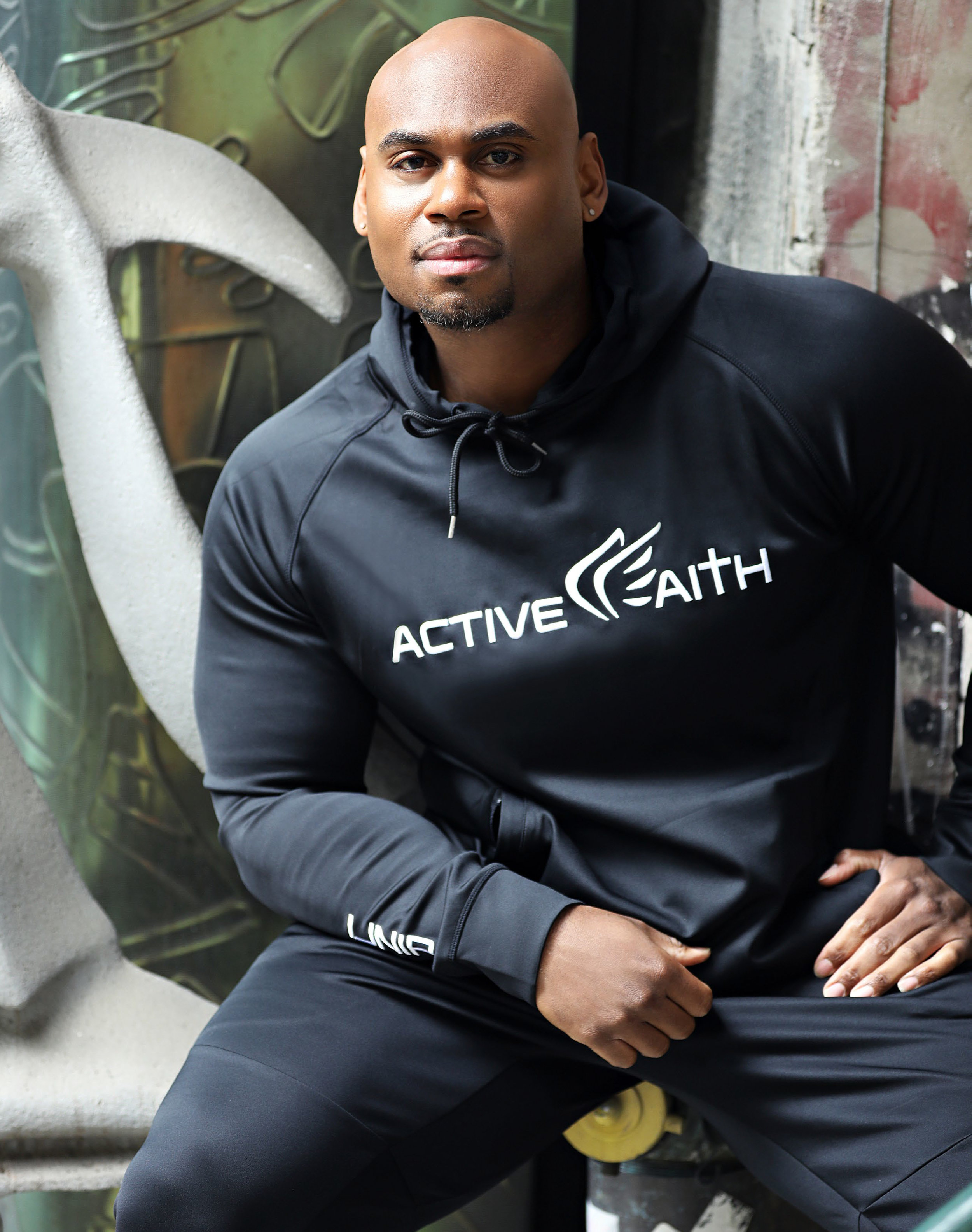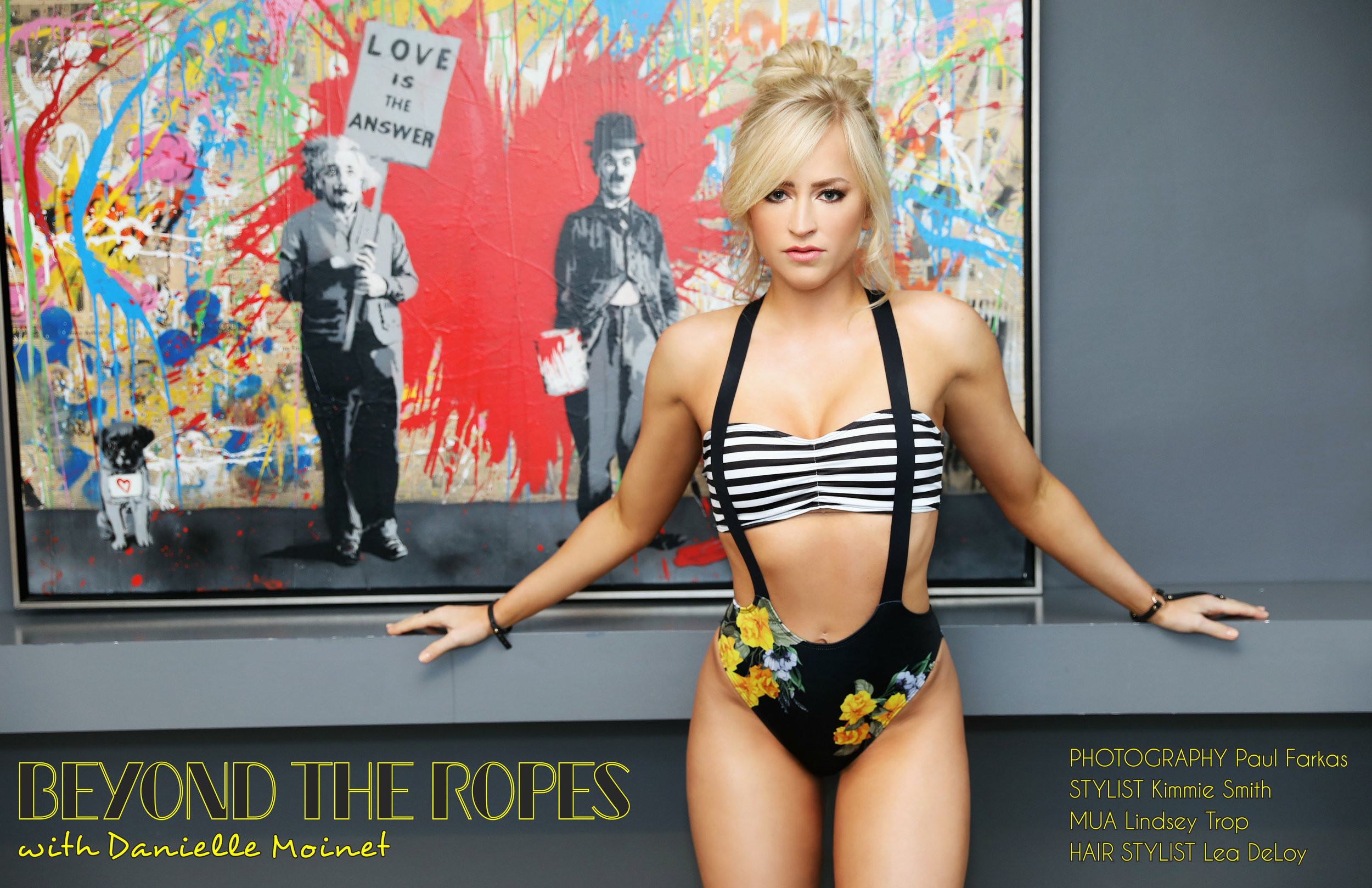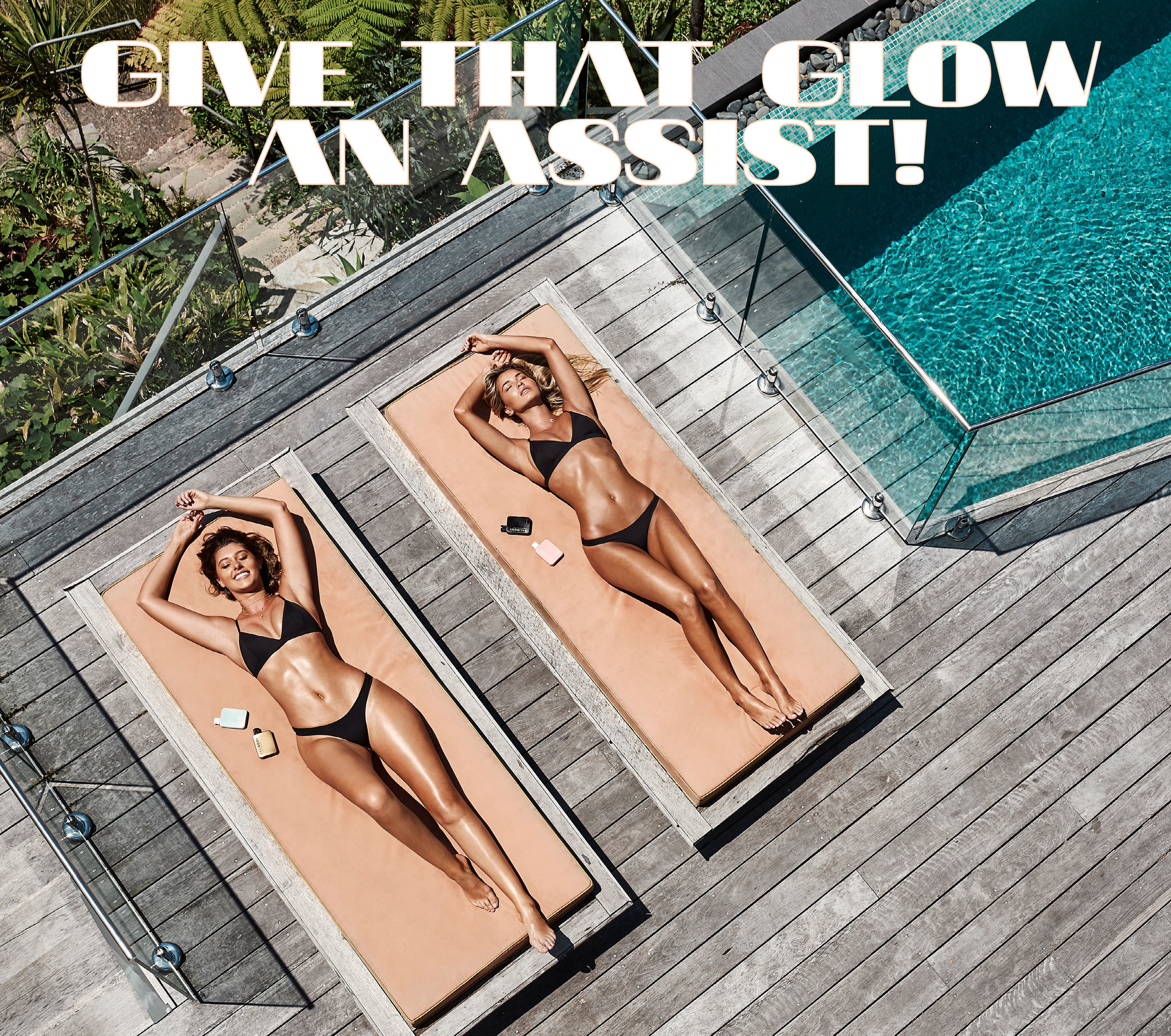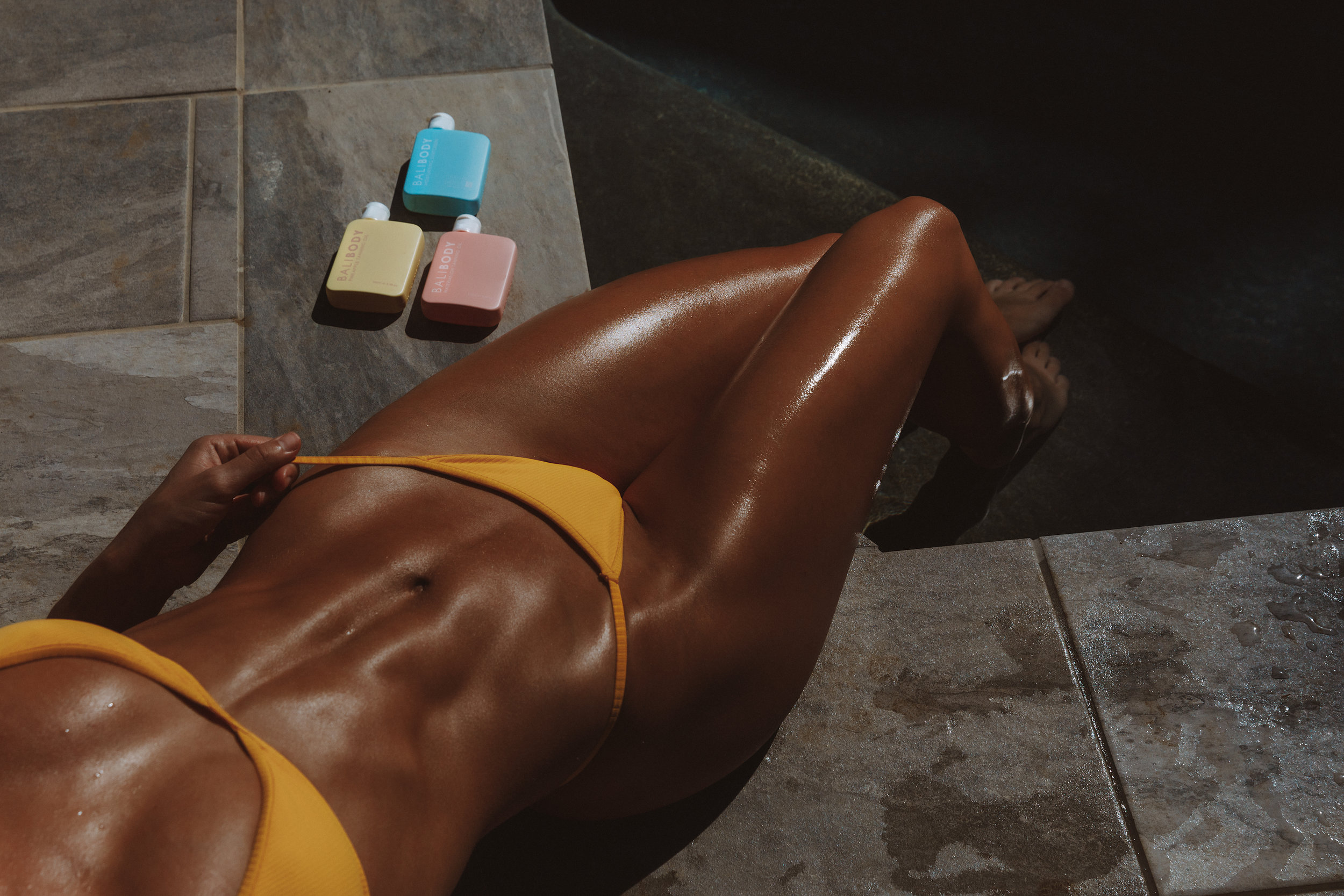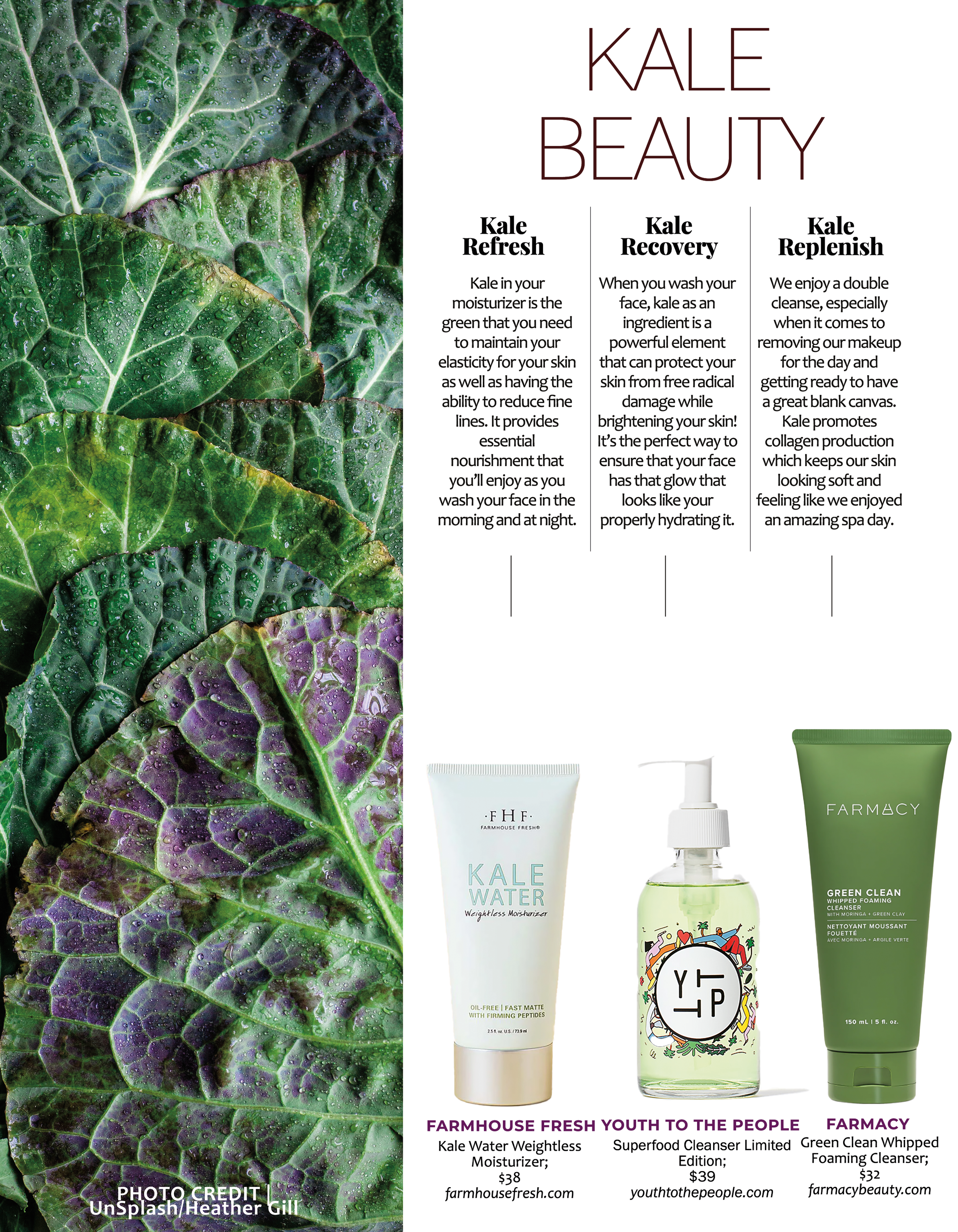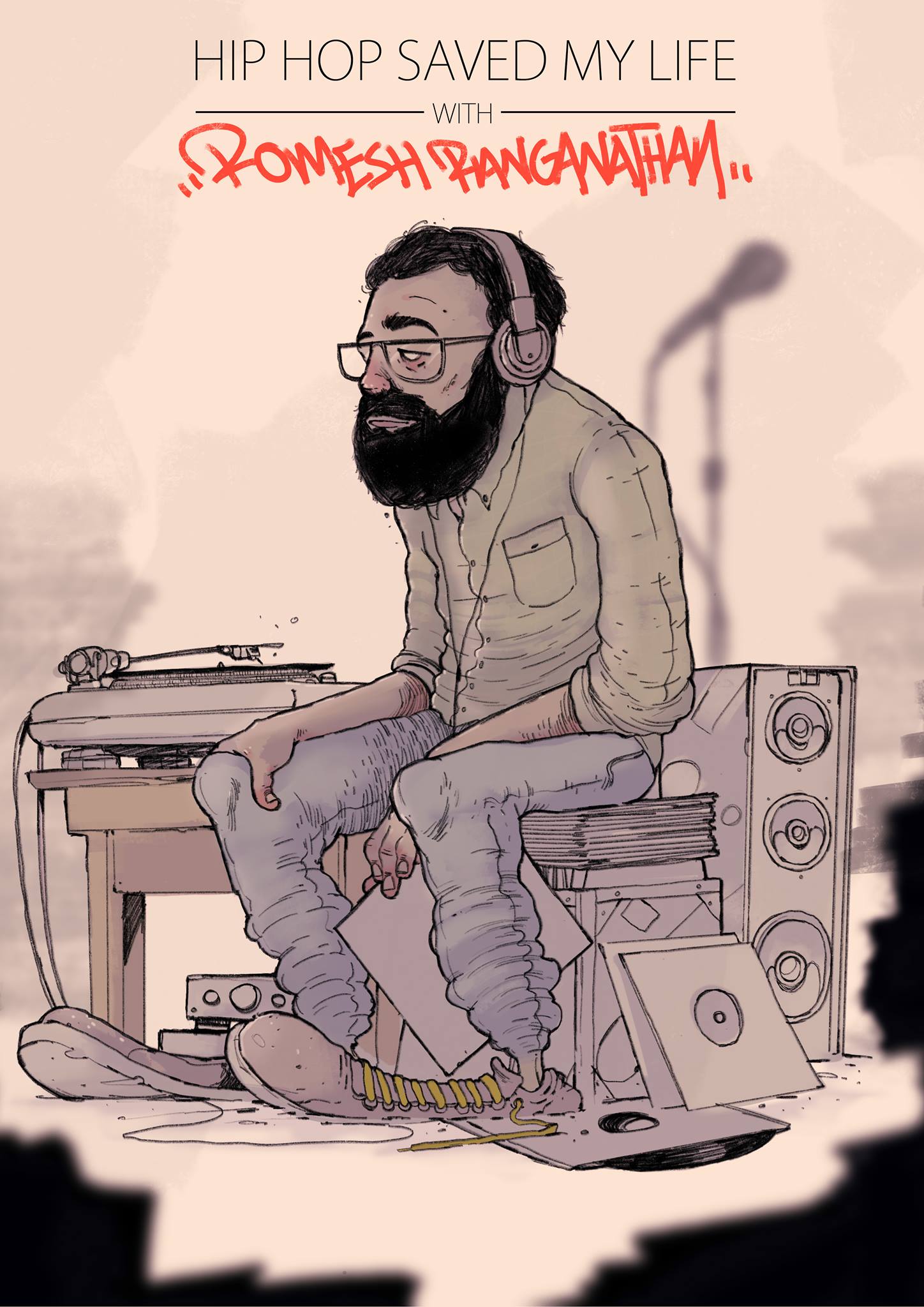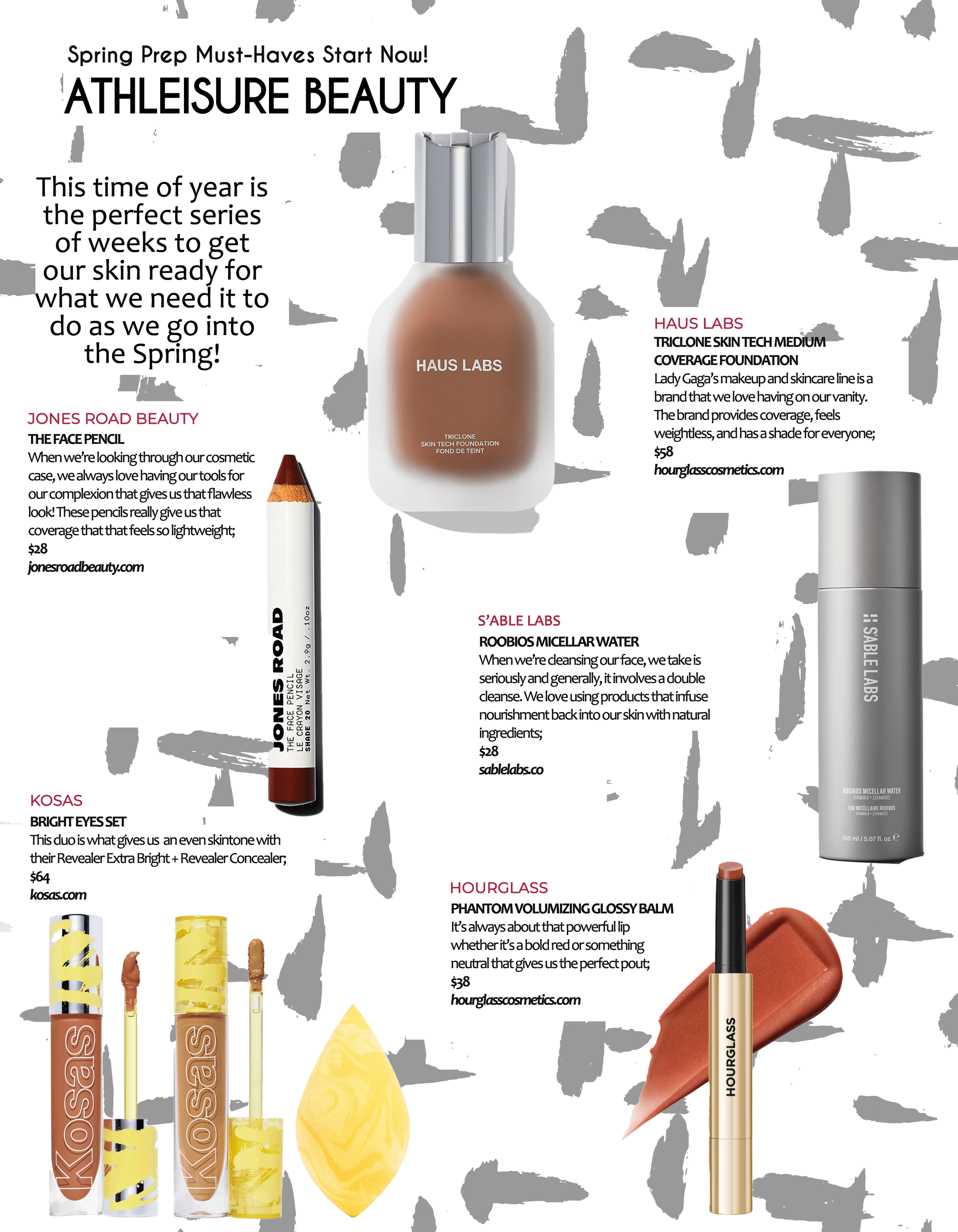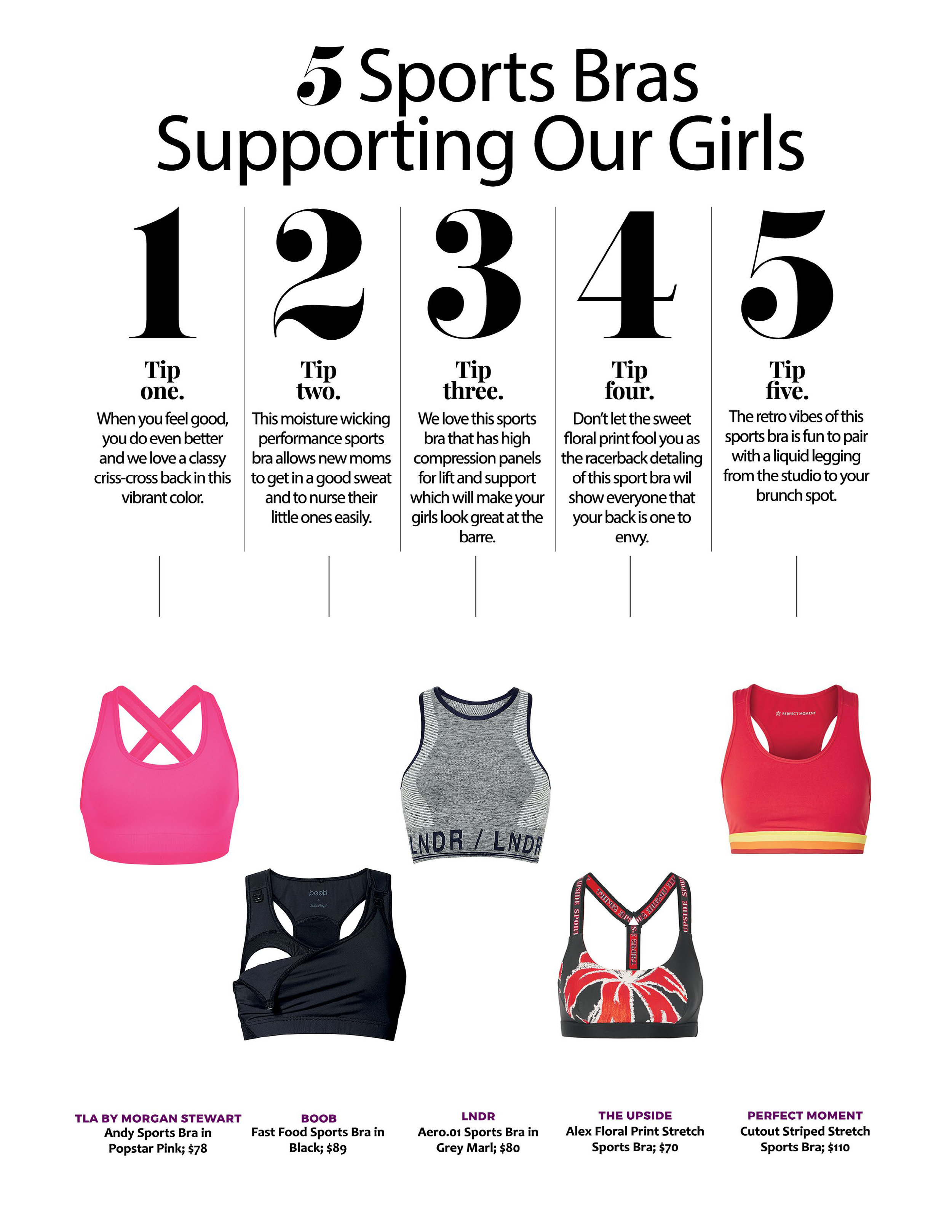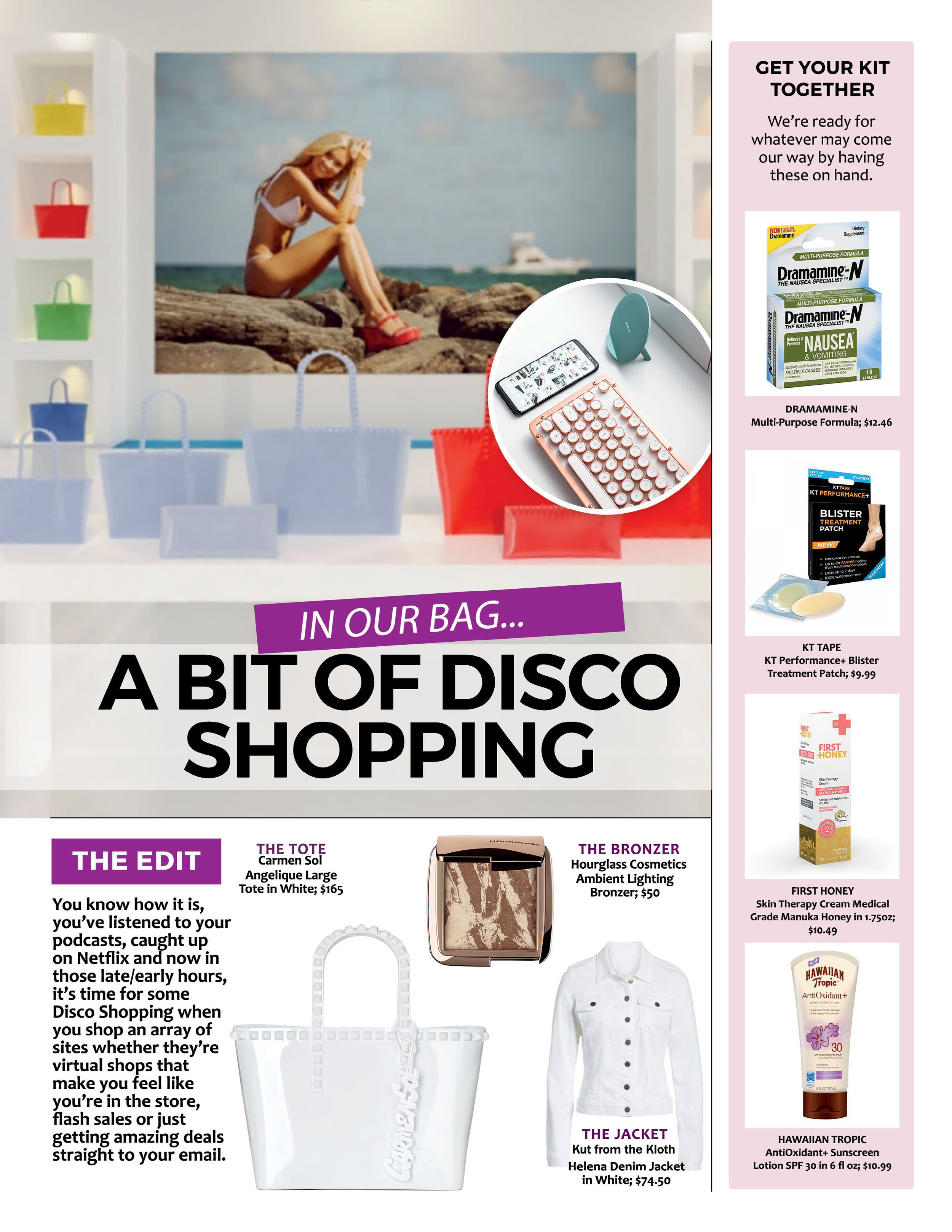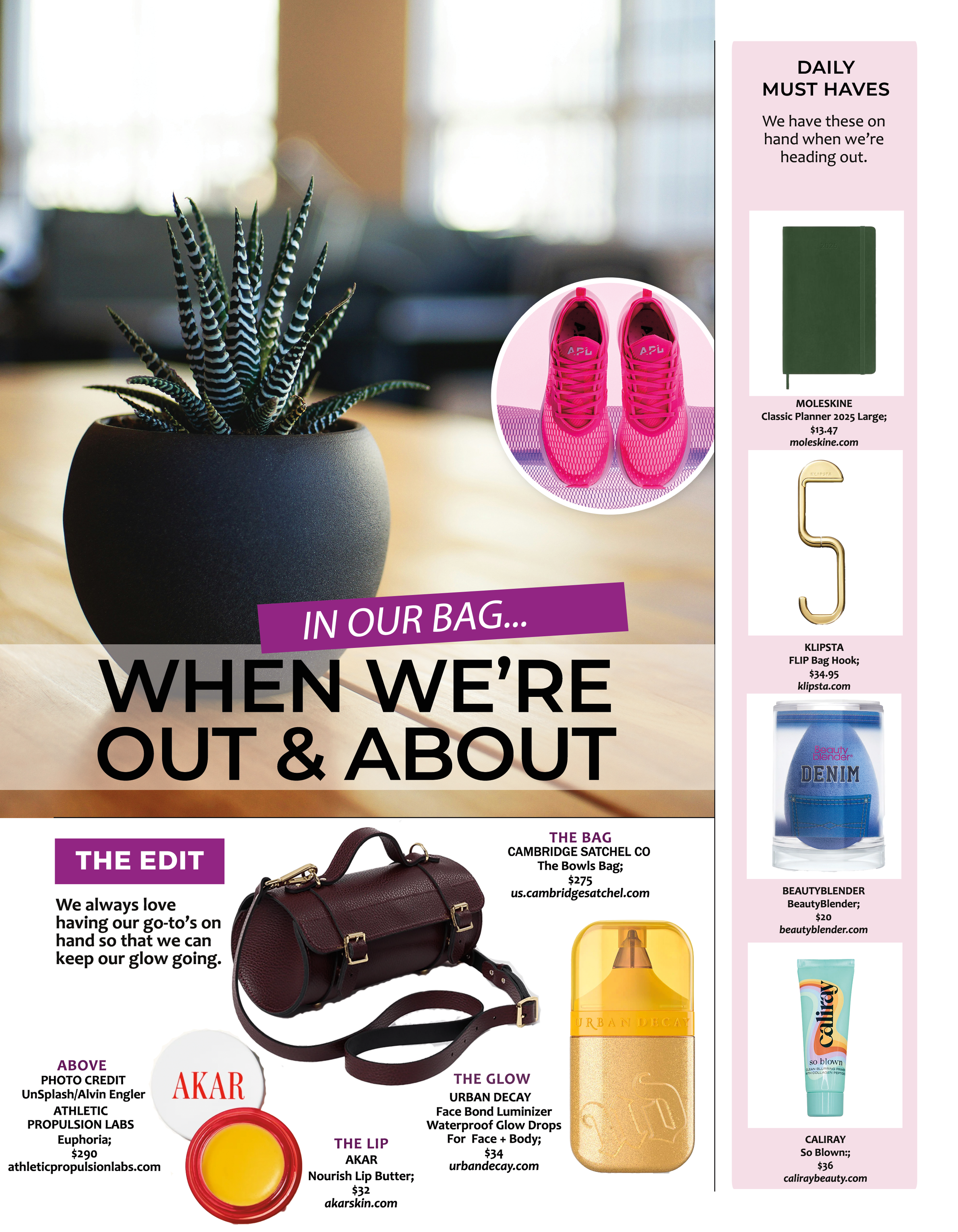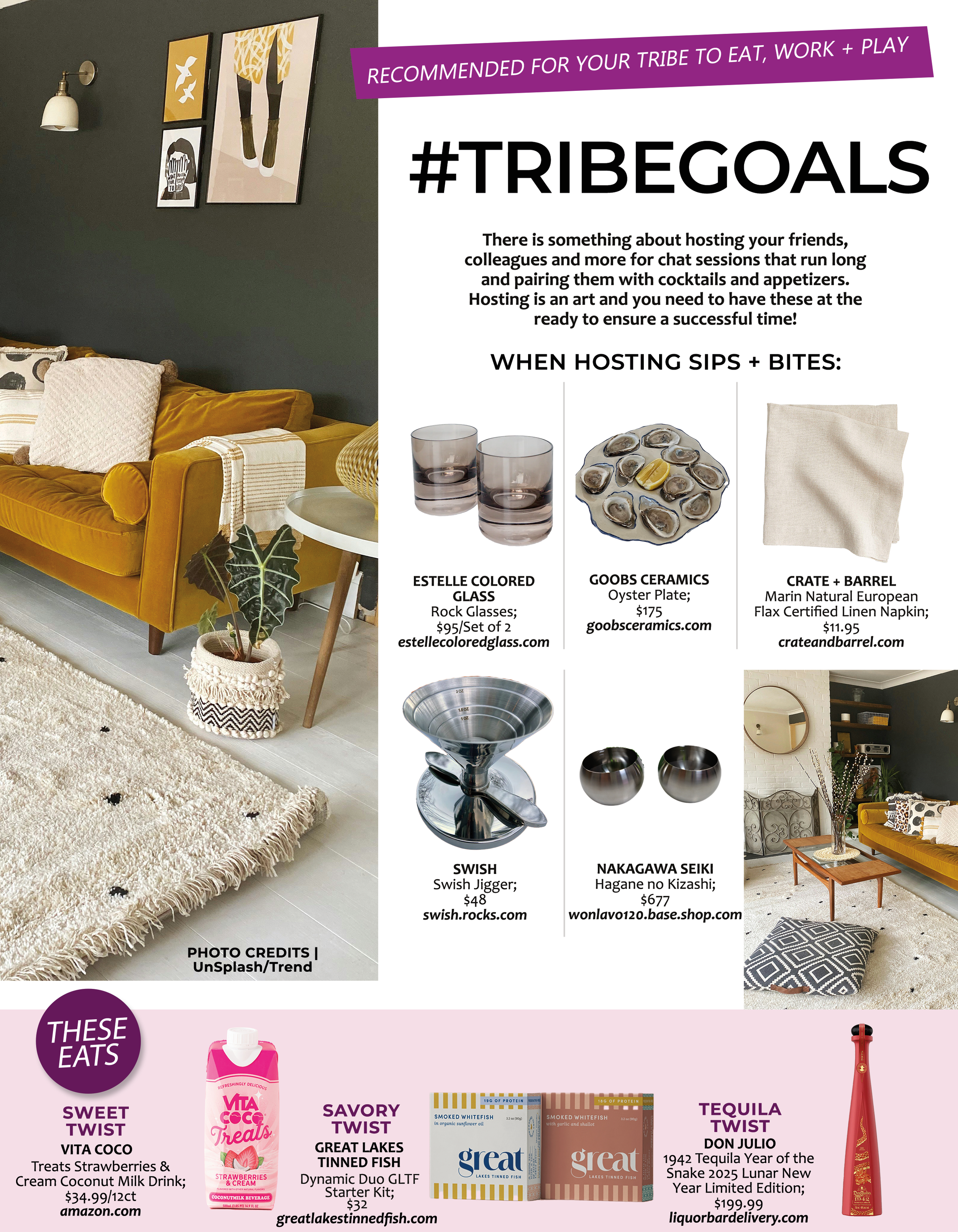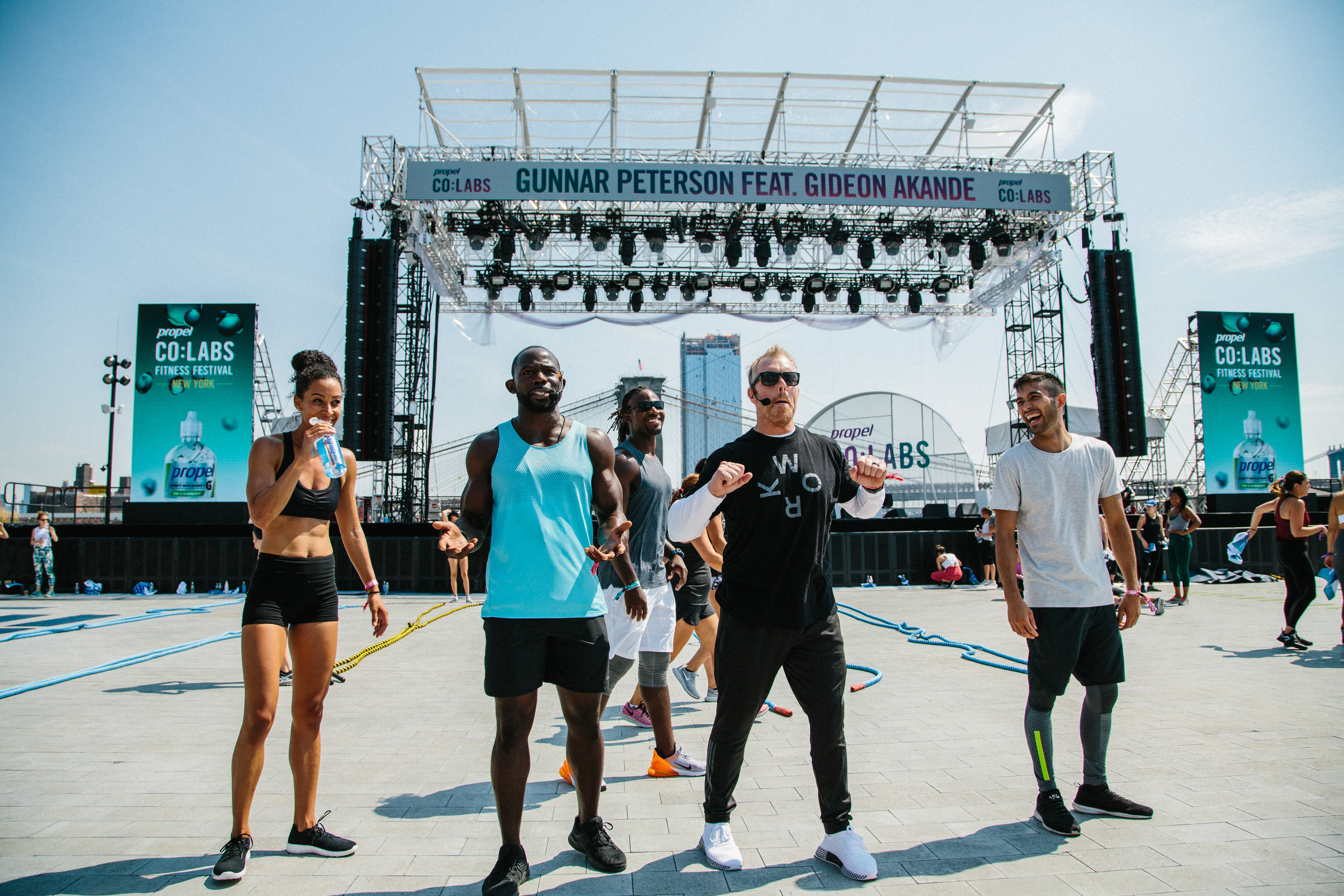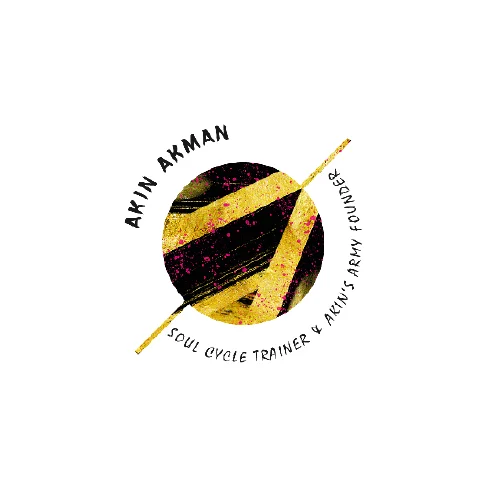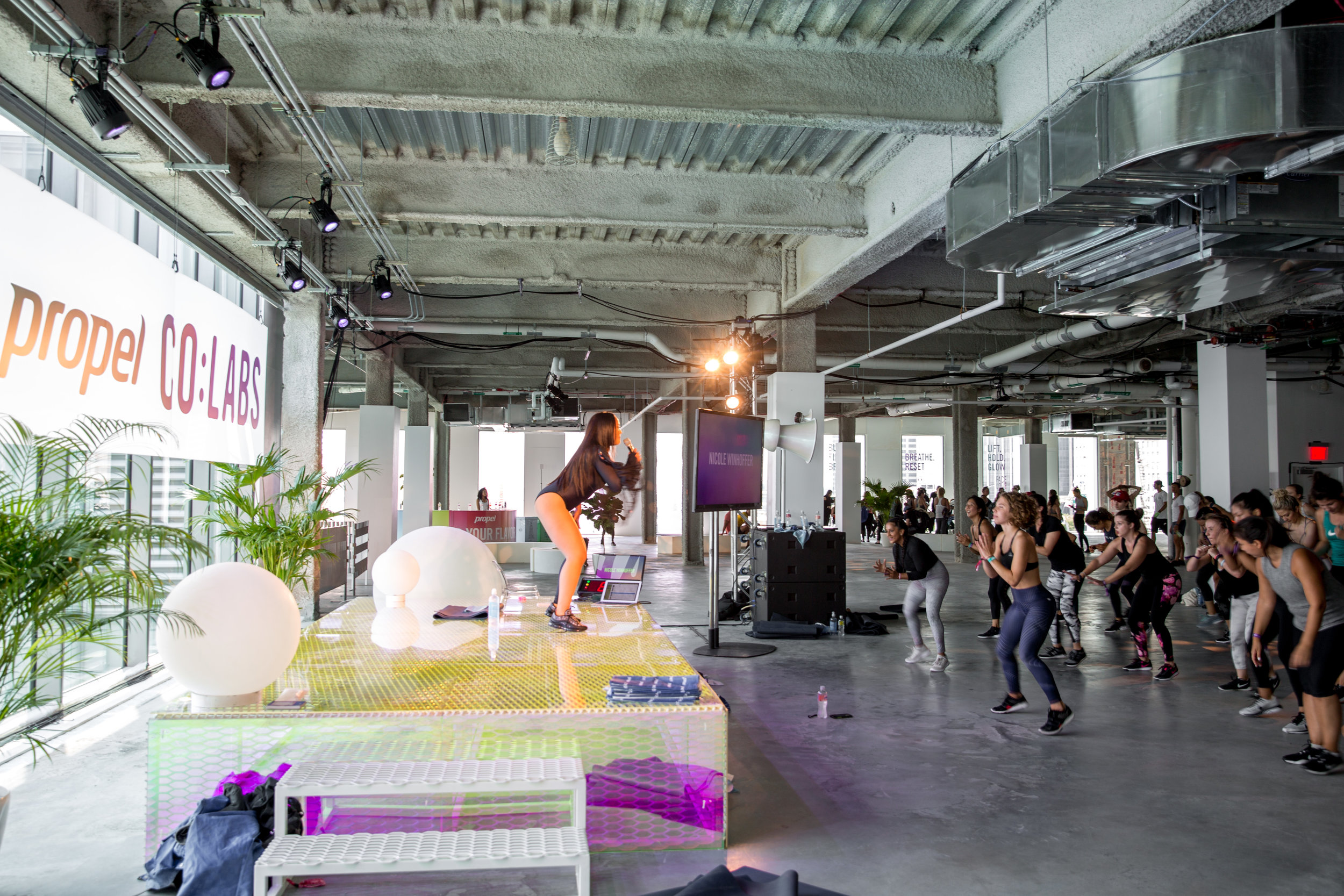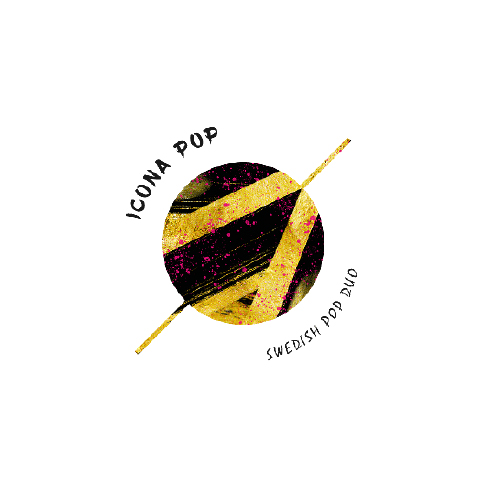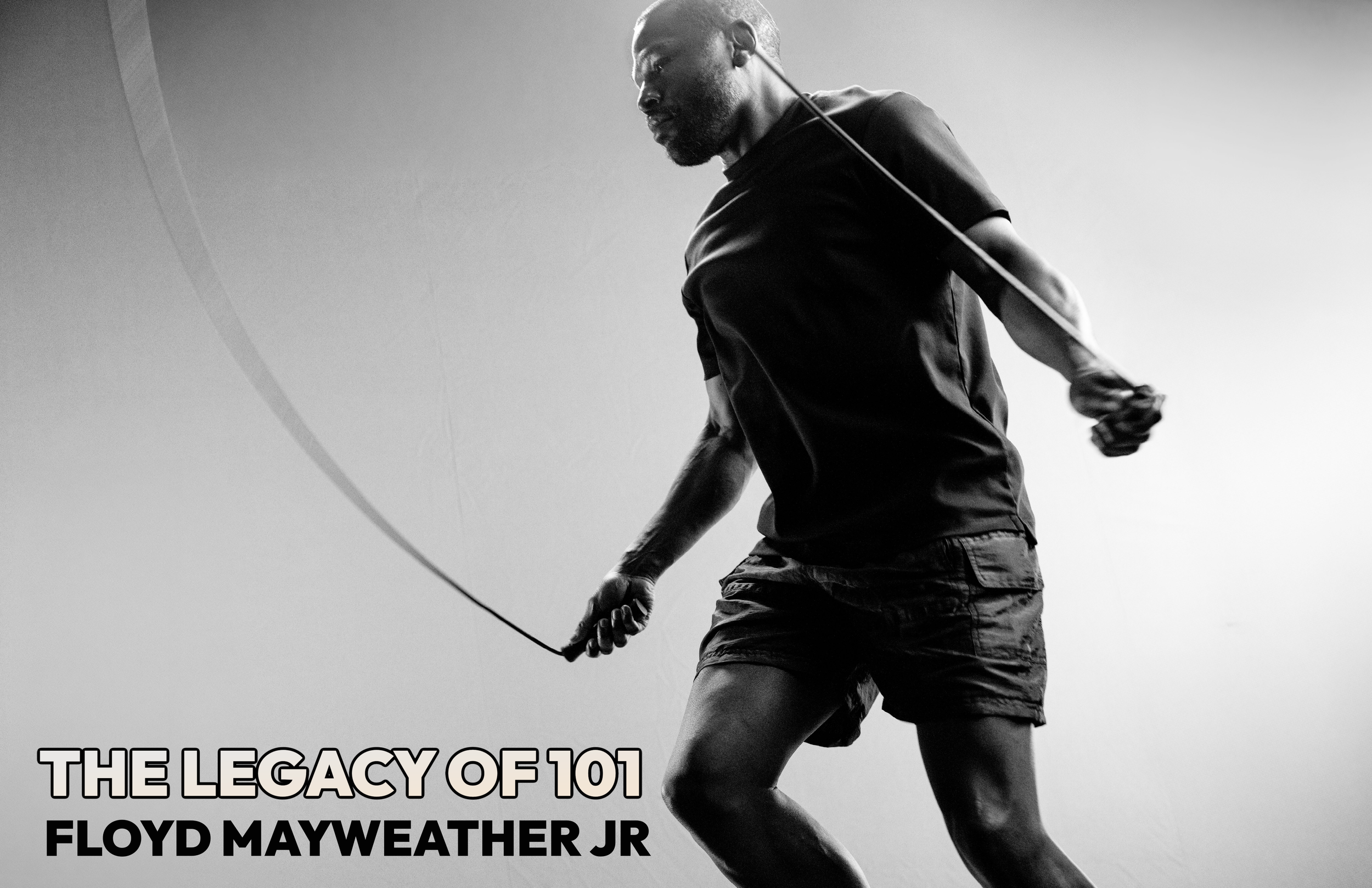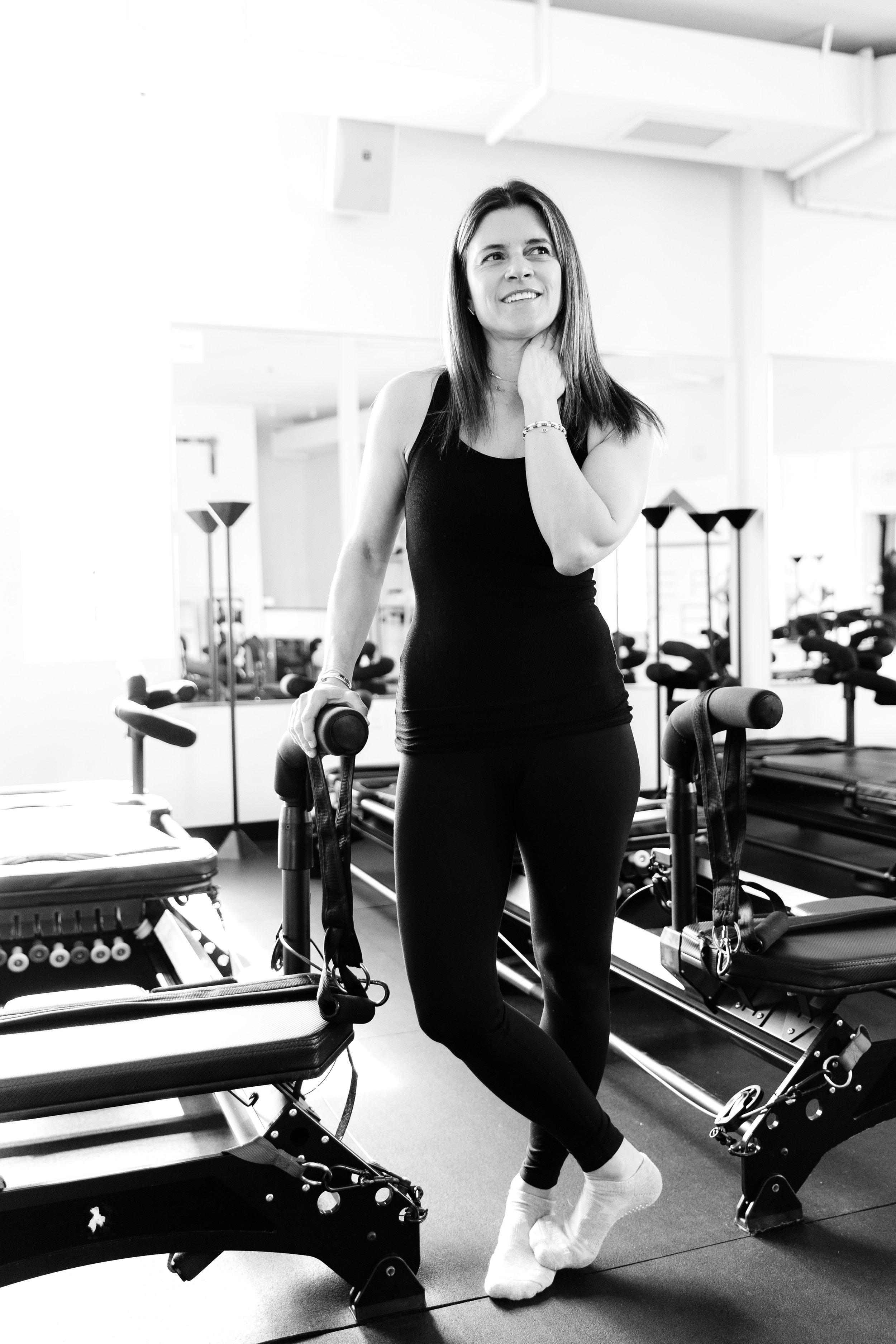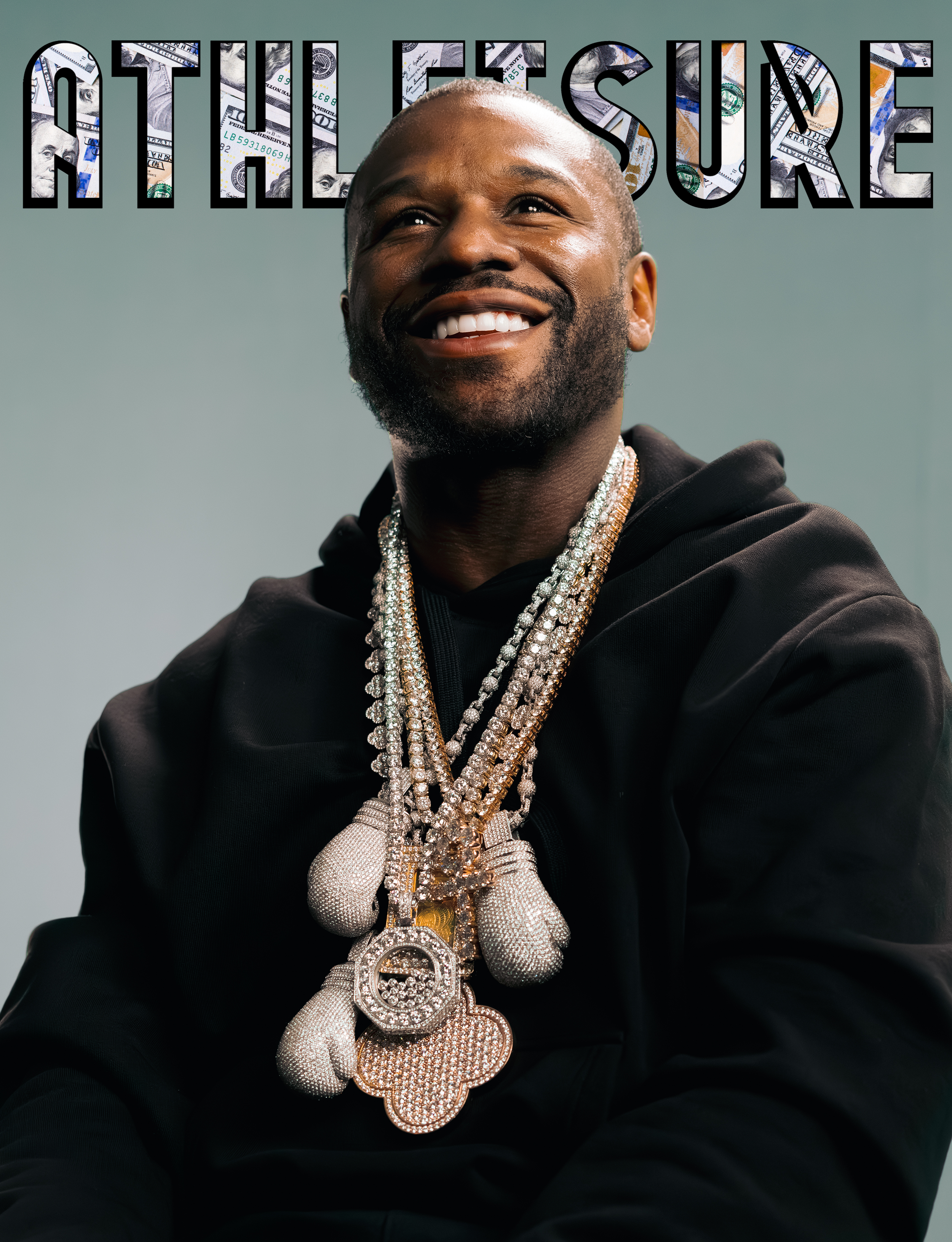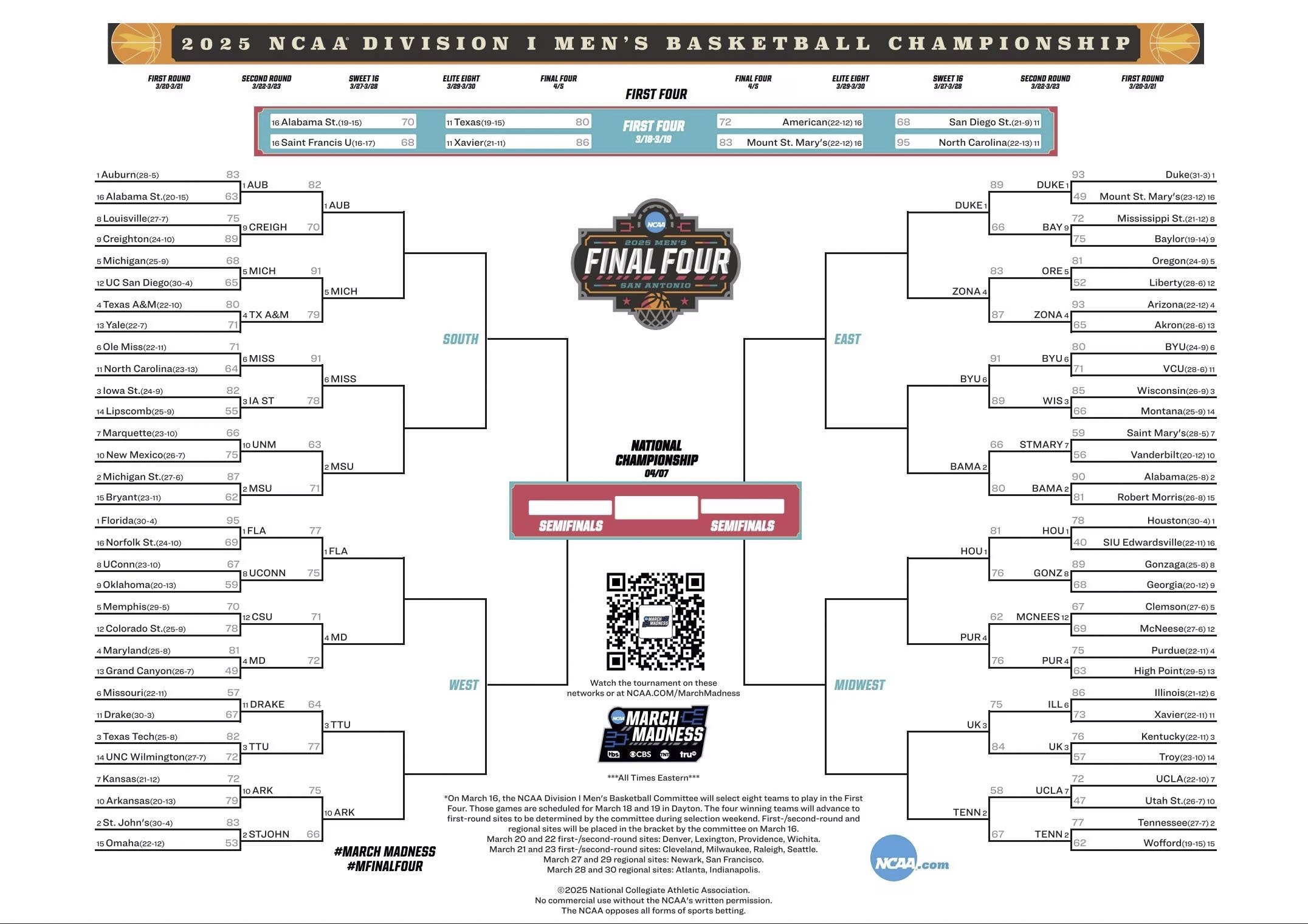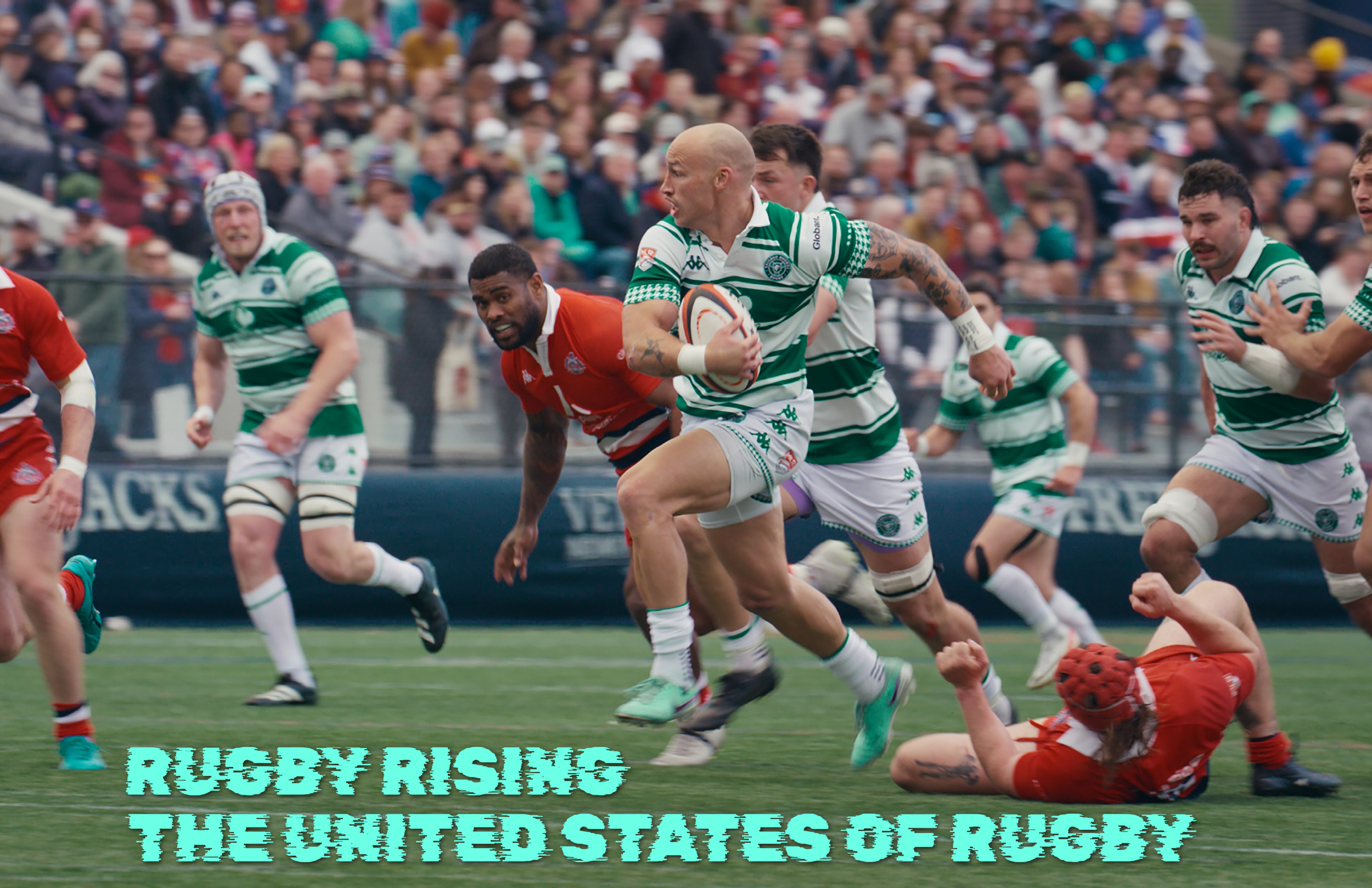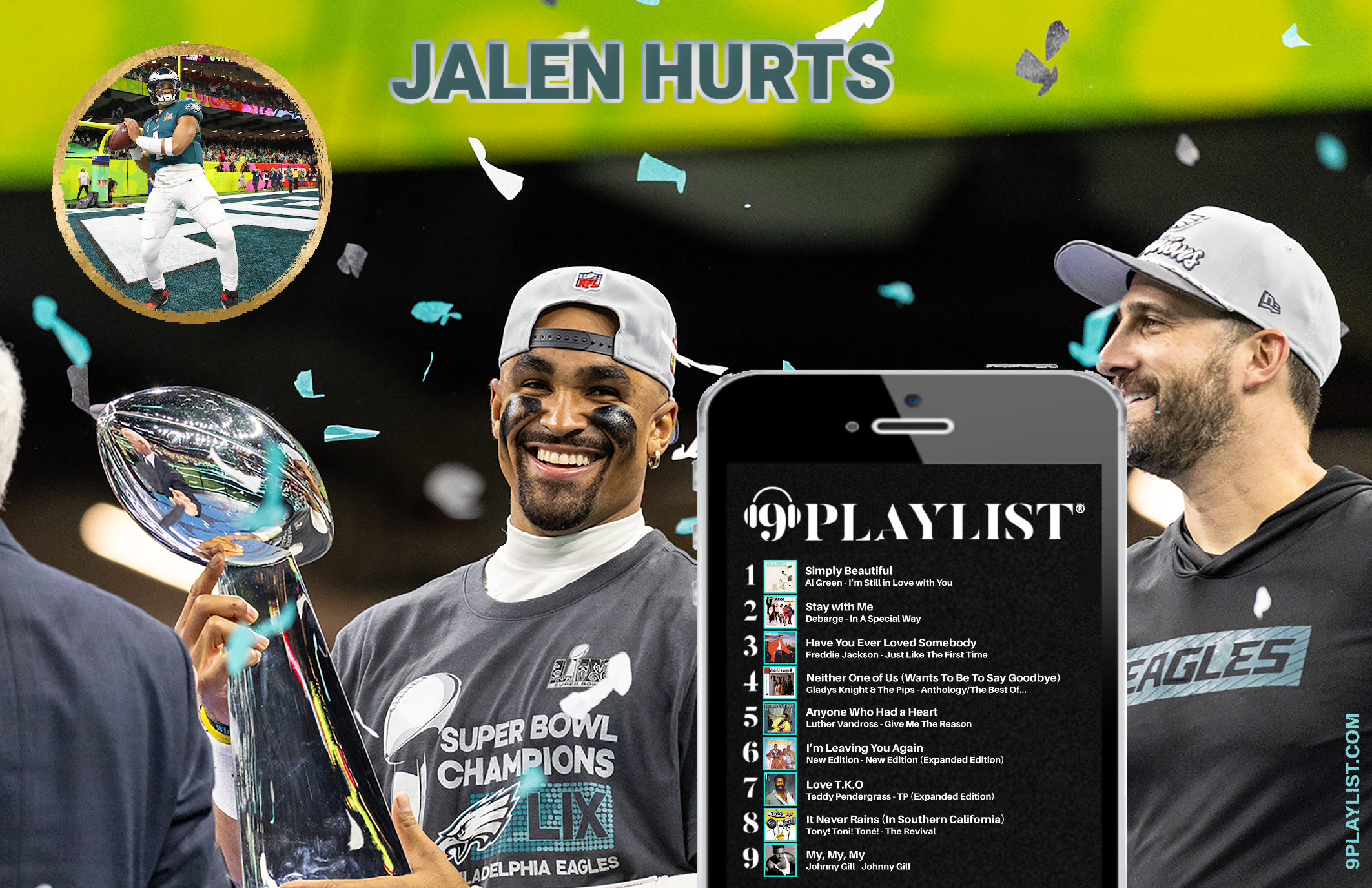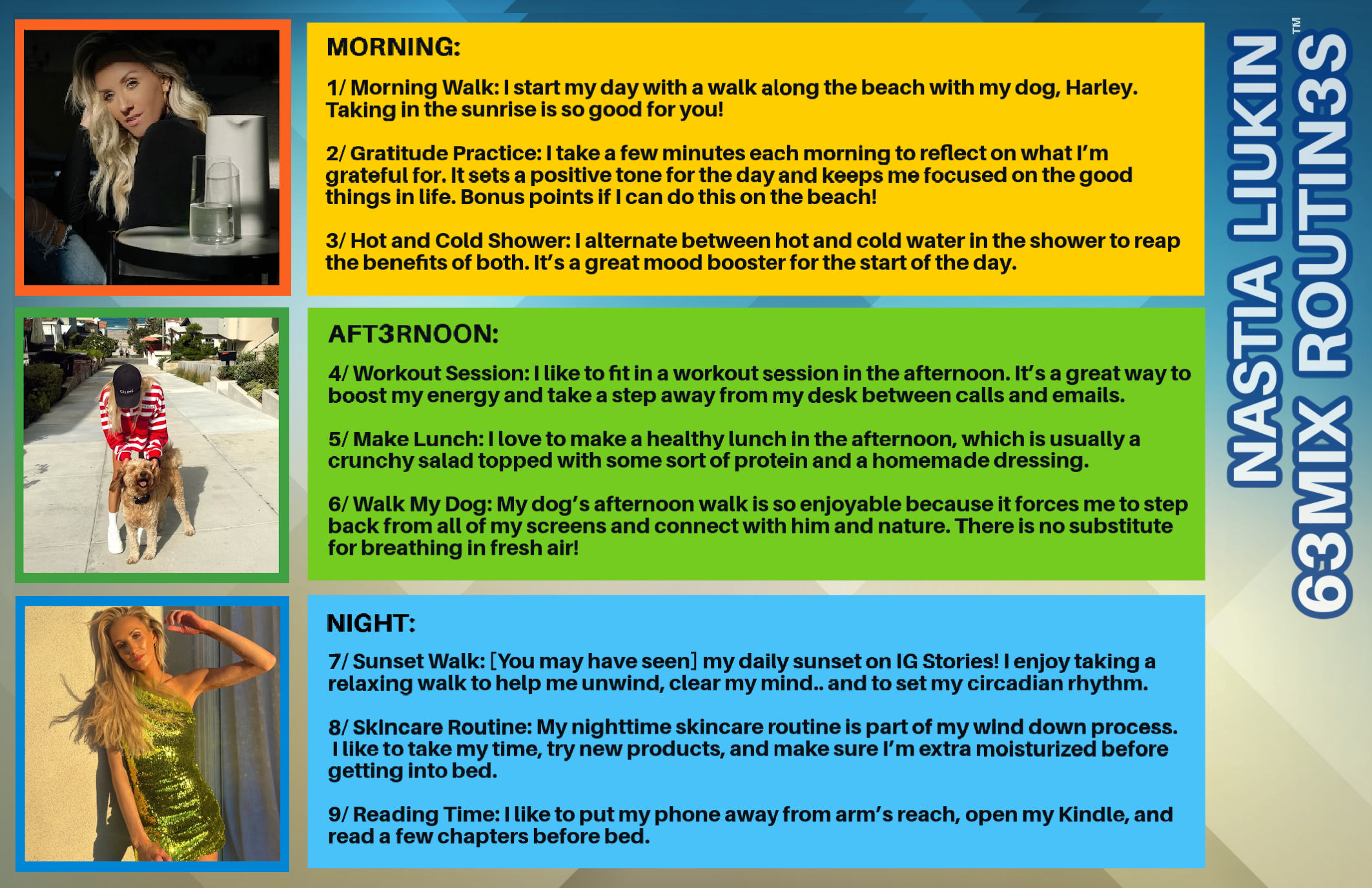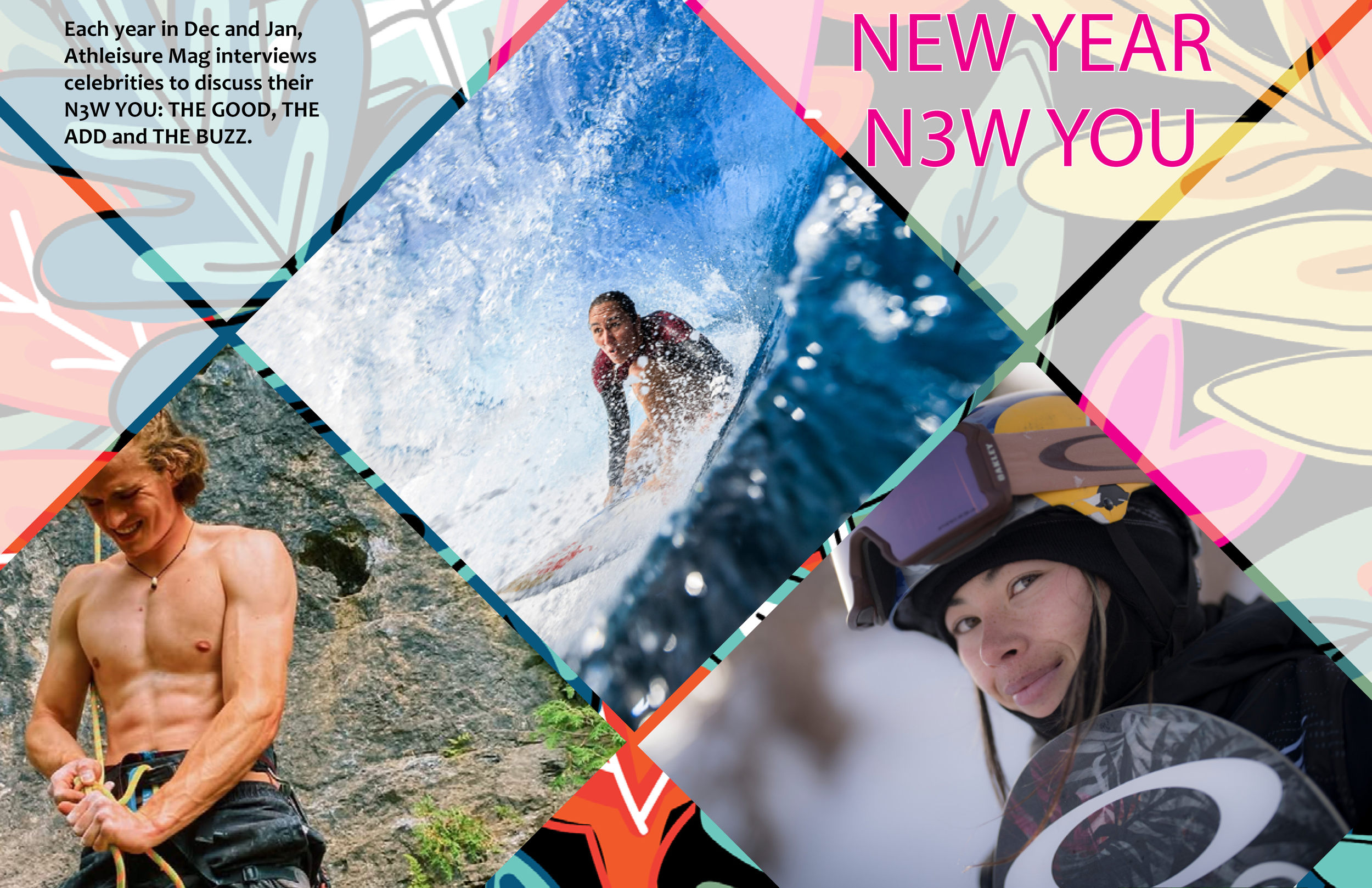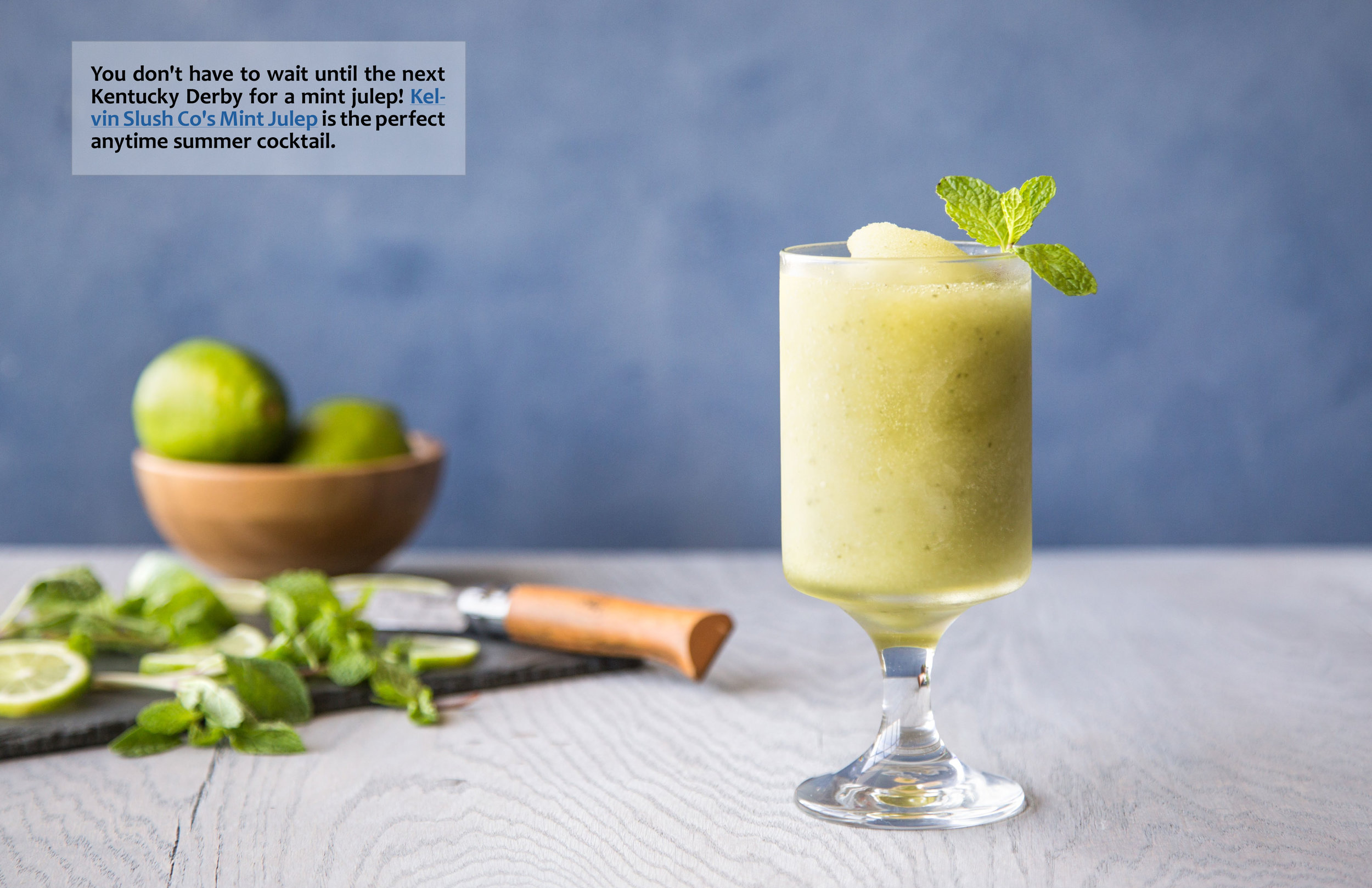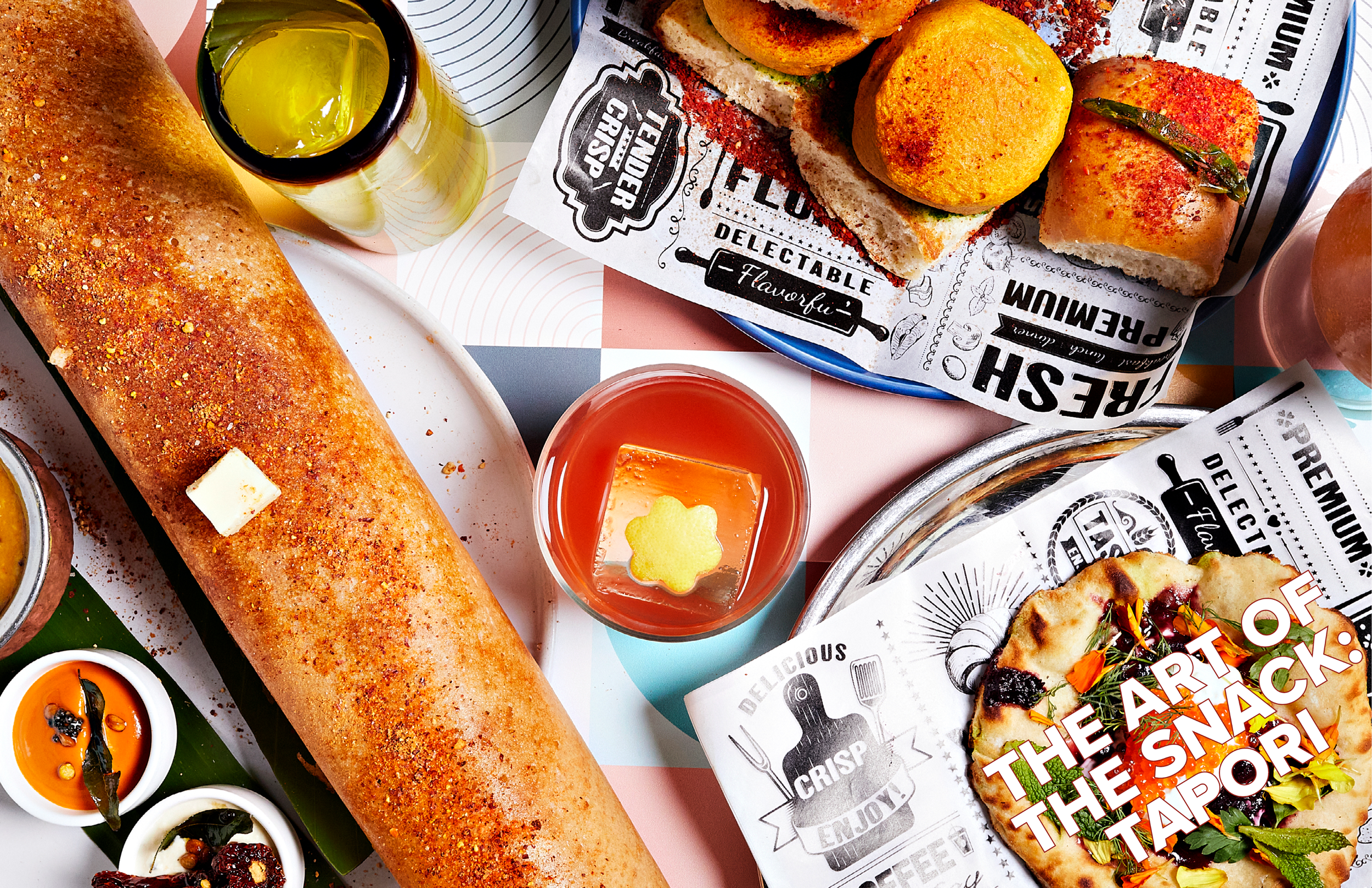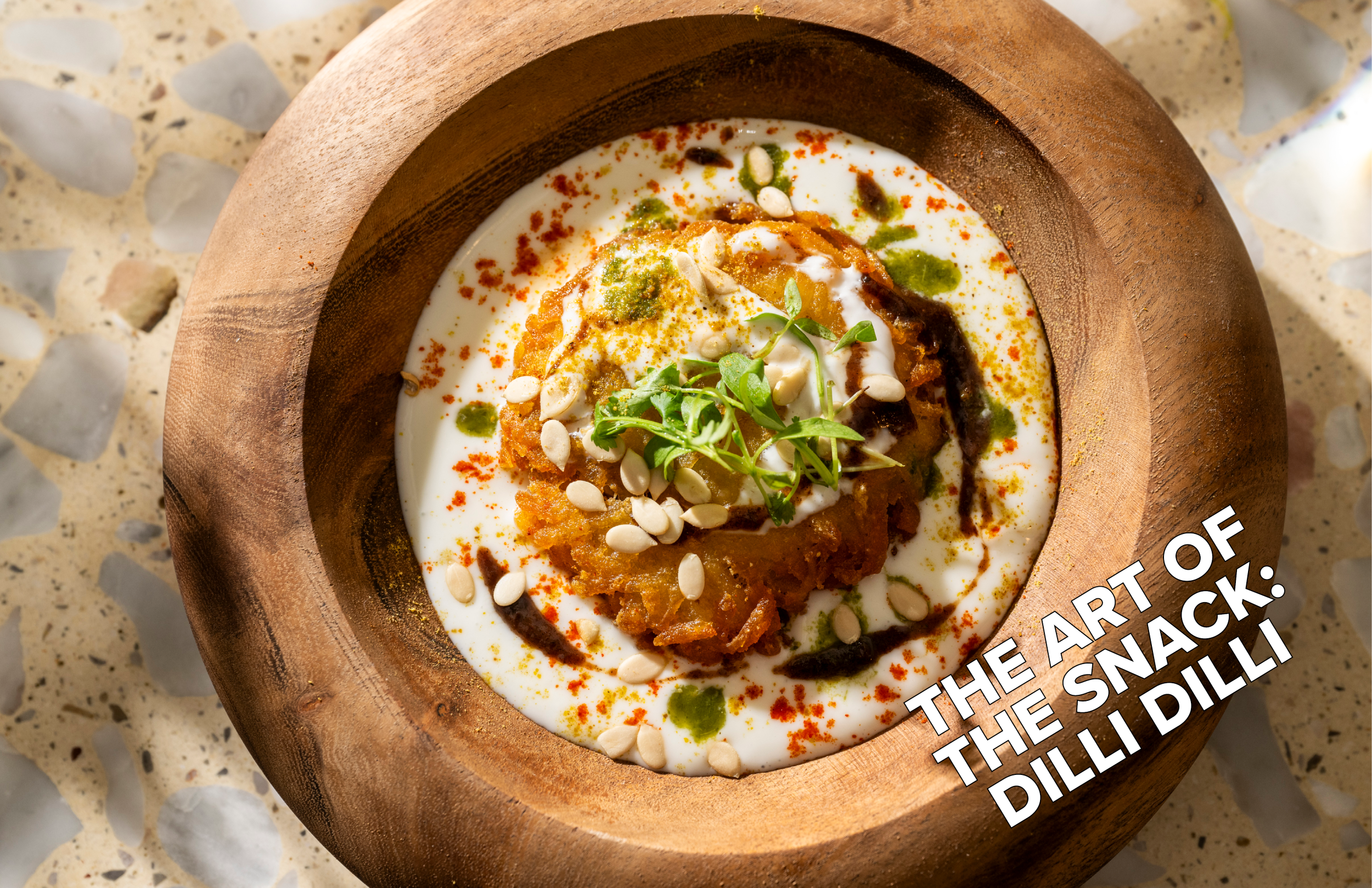AM: So Emily, before we delve into Denim Days, how did you get into the denim industry?
EO: I went to college for biology. I was not a good student so I went and had various jobs. One day I got a phone call from my father and his friend – they were in a taxi. He said I needed to go to Portugal and learn the business with our family friend. I had to get my life together, learn Portuguese in 6 weeks if I was serious. I said yes. I packed up my life, learned Portuguese in 6 weeks (I went to language school 4-5 days a week) and moved there about 6-8 weeks after.
I worked in a garment factory and worked in our friend’s shirt factory. I worked in every department learning each component of it together through it’s complete process. I had to make a garment where the pattern was made by me, sewn by me, finished by me and it had to be approved before I could work from the office.
AO: They wouldn’t let her out of the factory until it was approved.
EO: I was failed like 20 times. I sewed my finger, it was like your sleeve is a centimeter shorter then the other sleeve, try again So I eventually passed my production sewing job and I started
working in the office.
AO: Who were your customers?
EO: My customers were Paper Denim, Burton Snowboards, AG and Marc Jacobs. So I had the American market and the factory that I worked for was a boutique factory so we did small runs. We did all kinds of products and not just shirts – it was shoes, bags, sweaters etc. In Portugal, all of the factories around us did small run production so I would just have to drive in a 50km radius to go to factories that did any kind of production. And then when I was ready to leave from Portugal I had been working with Rogan for awhile and got an internship with them here in NY.
AO: At that time, he was one of the most renowned designers in the industry.
EO: He was growing his business really quickly and there was this small staff of like 6 people when I went there as an intern. They had me running to midtown to check on their garment factory and whether their production was going ok and in 2 weeks they were like, “we have this new brand and we want you to run it.” I was like, “really ok”. They said, “it’s a really big opportunity, we’re going to do jeans and t-shirts. Production is already set you just have to deliver the goods.”
AO: And that was Loomstate.
AM: Oooo we love Loomstate wow!
EO: I did all of the product development and the production. Jared who works here now, also worked there and developed the sales. That’s how I got started in the business.
AM: Wow everyone loved their jeans and the shirts were great! So how did you make your way here?
EO: So I worked for several brands in the premium area on the production side. I eventually moved to LA because a lot of them were there and I wanted to come to NY. I had an opportunity to work for the factory that I stated with and that brought me back to NY and I worked out of the Olah office. That’s sort of the beginning.
AO: A few key things happened that led to her being at the Olah umbrella. We never hired her.
EO: Yeah his business partner hired me.
AO: True, what happened was she was working with AG and Rock and Republic and then she moved back to NY to work with the Portuguese guy that she started with and we paid her salary because they weren’t going to pay her enough so we said there are things to do around the office and she had her own world and it had nothing to do with me so I thought that that was cool. Then he and I had some issues and the relationship got funky and one day when the relationship ended, she had no job, but was in our office. So we tried to see what she could do to justify her being her.
My partner kept telling me that she was really smart and I was glad to hear that, but I didn’t think about it.
EO: And now 11 years later, here I am haha.
AM: So what do you do here?
EO: So our business is segmented into 3 areas and I straddle all 3 in an operational way, but I spend most of my time in the events world like Kingpins and Denim Days.
AM: So how will Denim Days this year be different then Denim Days last year?
AO: One thing that we will do which is different is that we are changing the speaking. We had people speak last time. The day before we did Legends. But this year we will have something everyday on Sat and Sun all day long so the speaker element will be amazing.
EO: Right like speakers and workshops that will be engaging to the consumers that come in and it won’t be on a separate day. Quite honestly, our Legends last year were a bit more B2B. The access to the attendees will be a lot greater this year.
AO: If you come in and feel what’s going on, it will all be in one big room. It’s going to be much better this year!
EO: I think 2019 will be a big evolution because we are going to move Denim Days to be the same week as Kingpins so it allows us to have denim events for 6 days in a row as opposed to being segregated.
AO: Then it will be a proper festival because it will be 6 days in a row with B2B and B2C.
EO: It will be a lot more dynamic that way and will engage a lot more people.
AM: What made you want to introduce Nashville to Denim Days?
AO: They asked us. But they have started the Nashville Fashion Alliance* and the NFA people are nice and their arguments for the fashion industry to move there to me is compelling. They remind me a lot of Amsterdam.
EO: Yeah their local government is very similar to Amsterdam.
AO: Yes you have access to the mayor, the Senate, Senators, the governor – there is a whole level of community. When you have academia, politics and commerce mix, it’s like the perfect moment. It’s like nirvana – it doesn’t happen here, but when it happens, everyone is on the same page. All the people are not competitors you’re doing the same thing and it becomes a community. Amsterdam has nailed it – accidently – but they are in this status and if they don’t screw it up, it’s brilliant. Nashville sees it and is trying to create it and I believe that they will. Then they have the music industry and so when they came to us, we said yes. They said they would help us with the media. Little cities in many ways are the future. So it’s interesting for us.
AM: So what trends are you seeing in denim that we should keep an eye out for fall of this year and more specifically for Spring 19?
EO: It’s about fiber and performance.
AO: The biggest thing – everyone wants something special. In the old days, if you wanted something special it was about having the Jordache name on it and that was something special.
EO: And that was enough.
AO: I remember I had a friend telling one of the Hilfigers at the time that they should just sell their label at the checkout counter because you have all the same jeans. So Polo could be $5 for the label and Tommy could be $6 and this one is $10 and Levi’s could be $3 and you just stick it on because it’s all the same stuff. That’s the history of the jeans business.
Exceptional jeans products right now – I think that everyone makes exceptional jeans products so then the issue is what is the company like. Everlane has done really really well with jeans and they’re not a jeans brand – but they have done well. It’s about the company and what’s
inside it and most of all how it fits and performance. Performance is everything and that means that you have to step out and find new ways of doing things.
EO: I completely agree. People know more about the product and want to know more about it. They have to have a reason for its existence and it just can’t be another piece that’s lined up
on the shelf. Something in it that’s different than something else and that’s outstanding.
AO: Like, when you go to Selfridge’s. The jeans shop is huge and there isn’t one sign but the brand name – what is that? That is like having this table with bananas and then saying, which one do you want? This one is $105, this one is $98, this one is made in LA – I mean really? They’re bananas!
AM: Just so our readers are clear, in addition to having your tradeshow within the supply chain - Kingpins as well as a festival denim show - Denim Days; you also work with brands that want to become denim brands?
AO: Yes, we have 3 actual business models. In addition to the shows, we develop fabric and then we sell the fabric. That division would help small brands that we believe in. Scott Morrison he was doing Paper Denim – we helped him with that. We’re happy to help those that are looking to get into the business - to a point. You can give someone food, but you can’t help them chew it!
PHOTOS COURTESY | Olah Inc.

